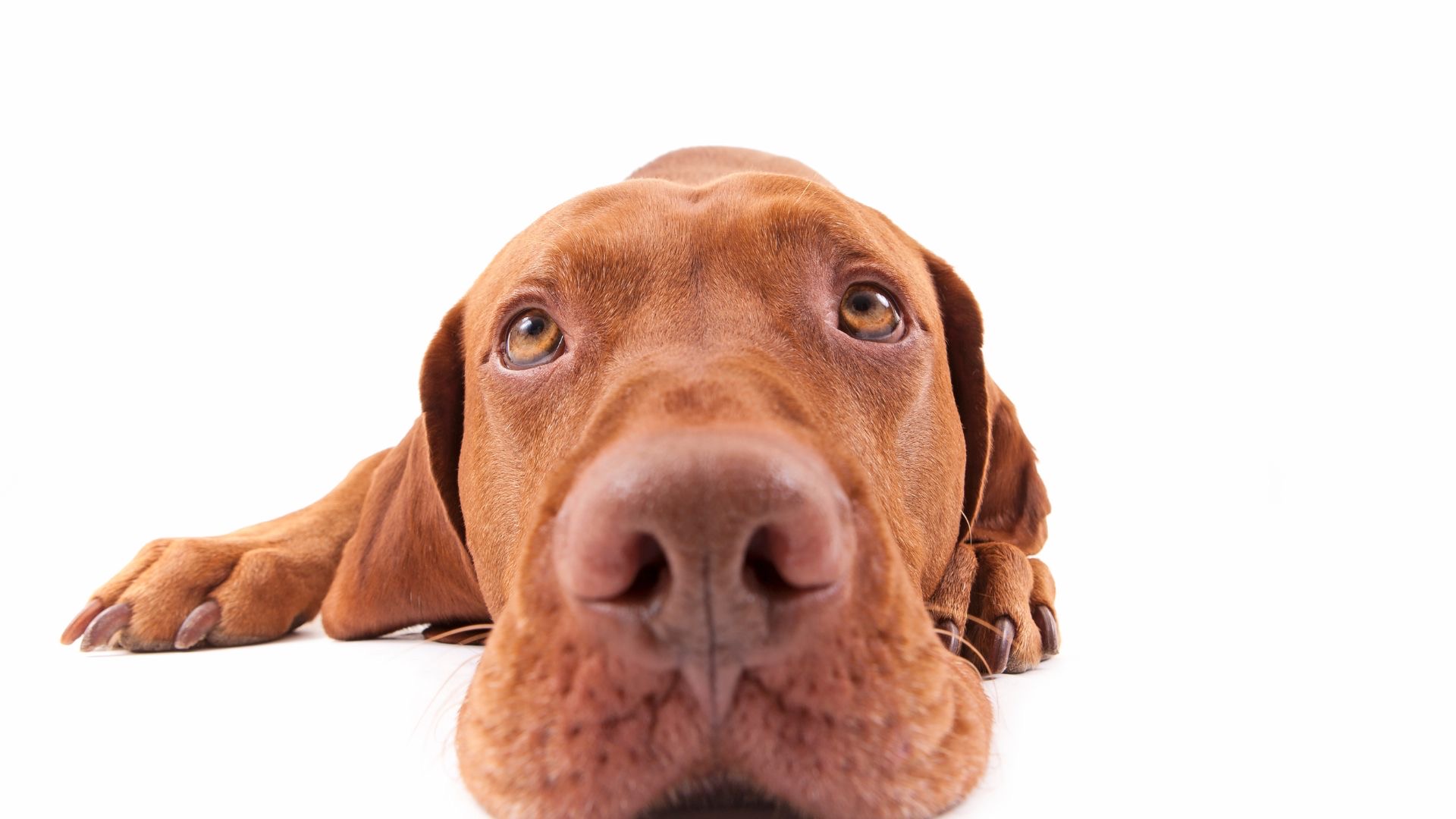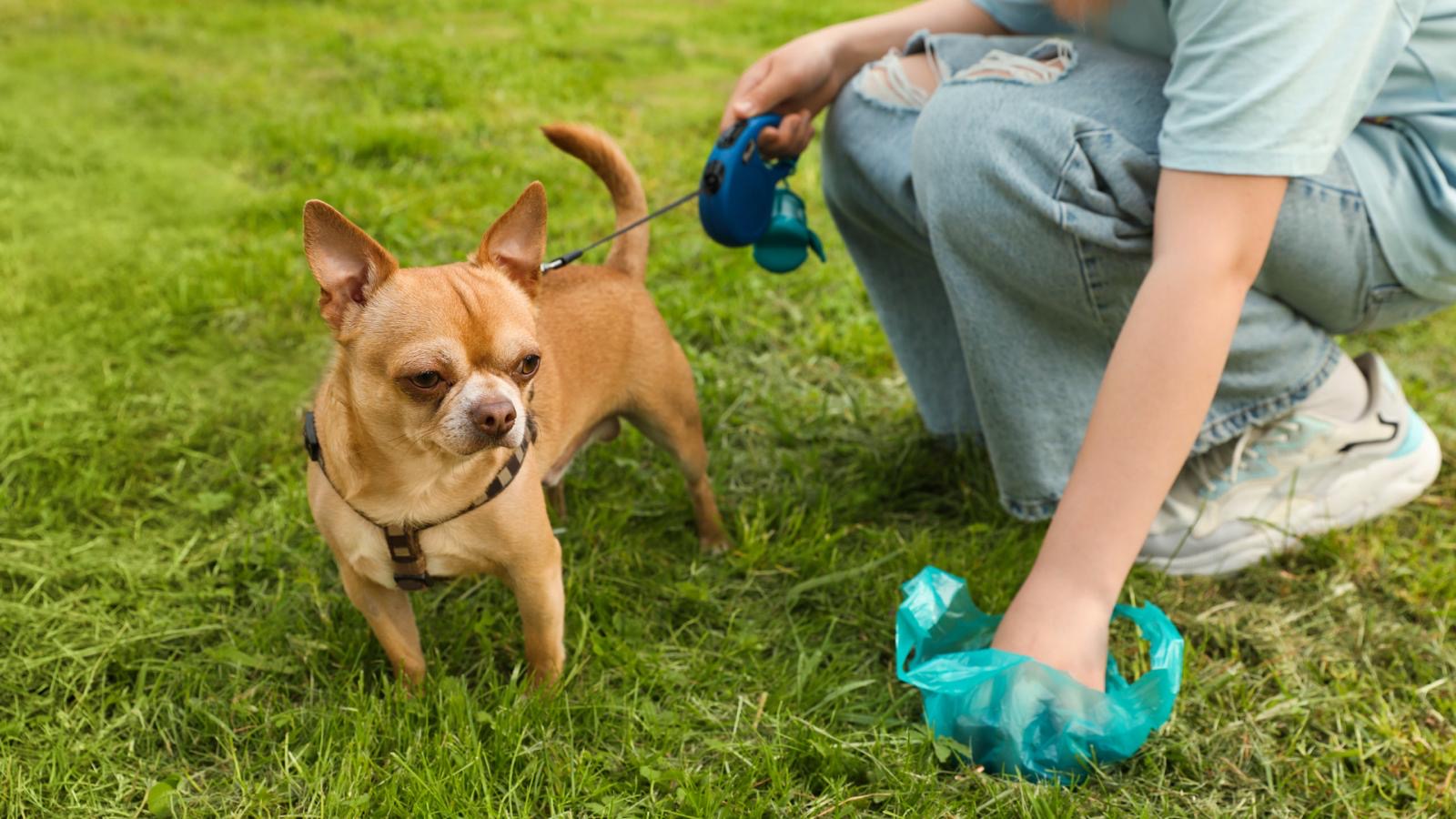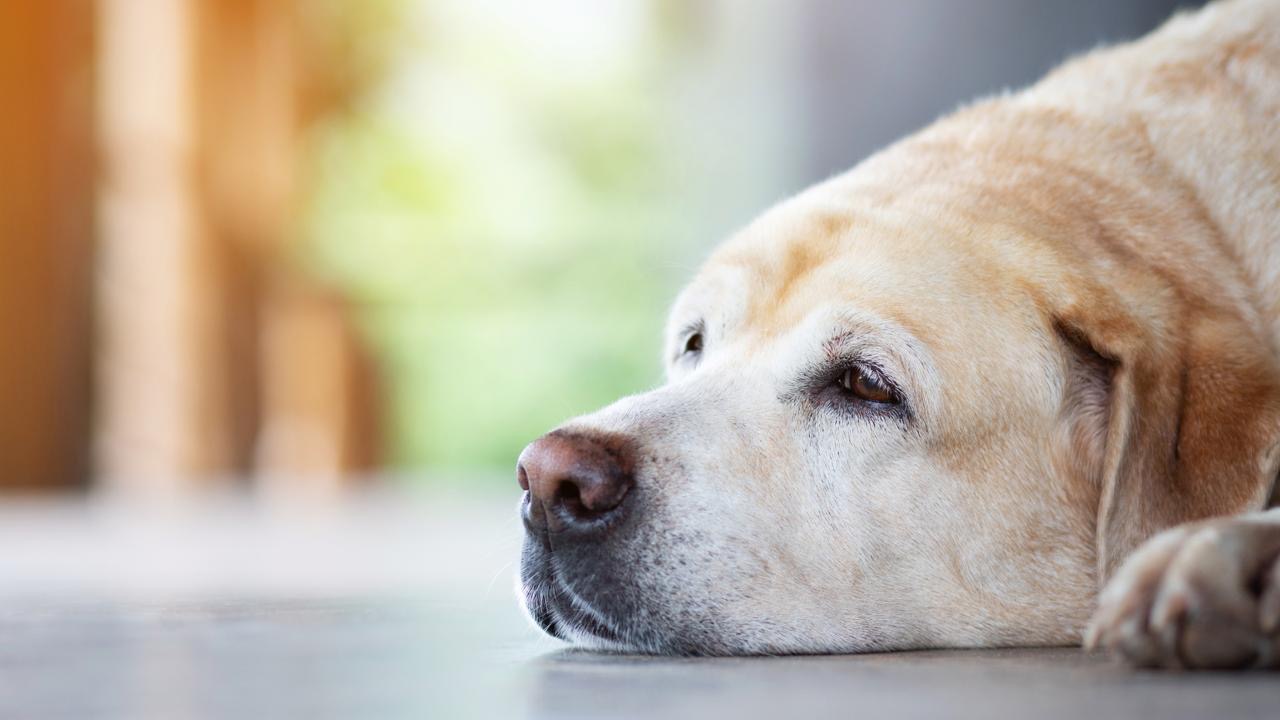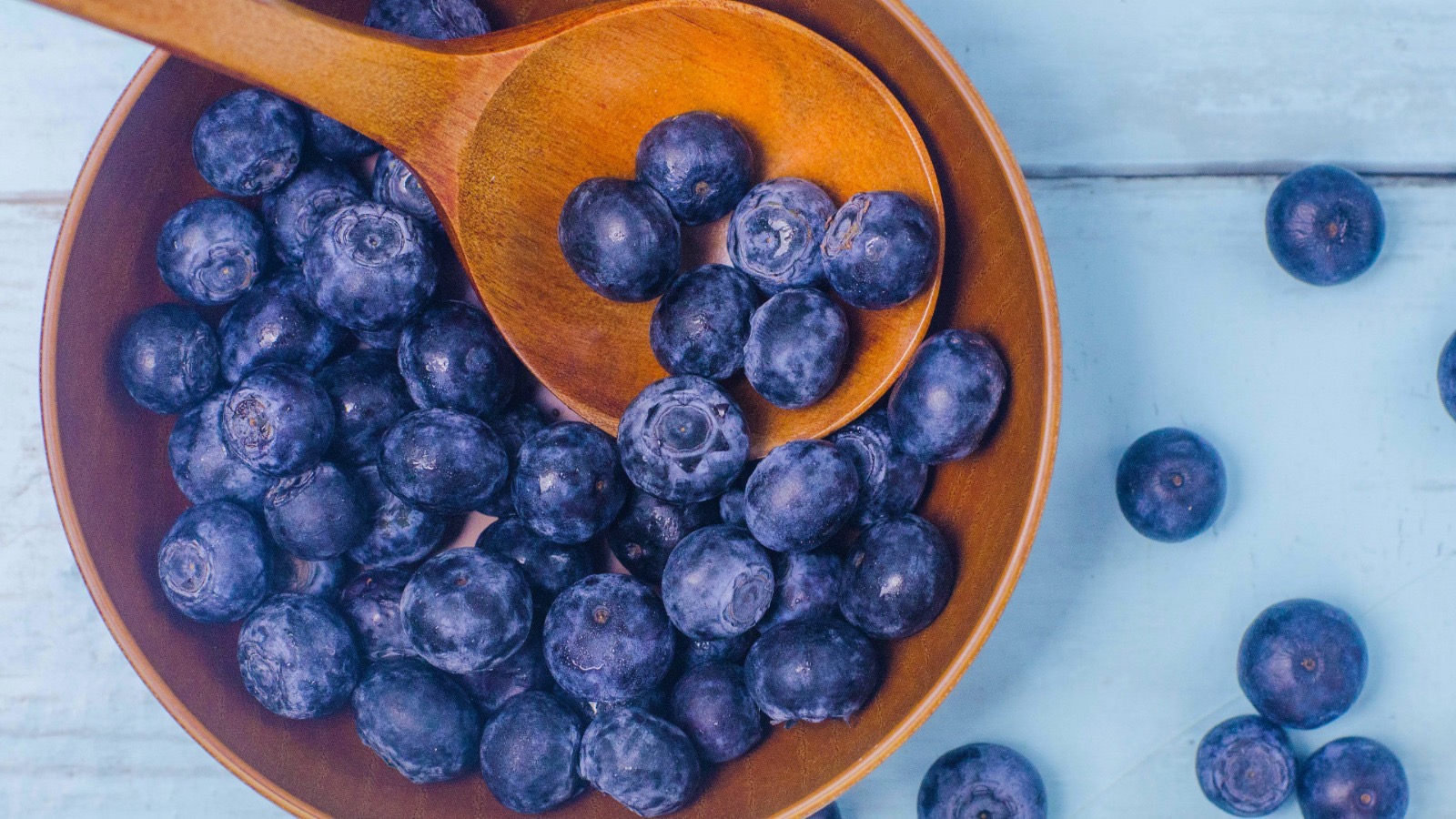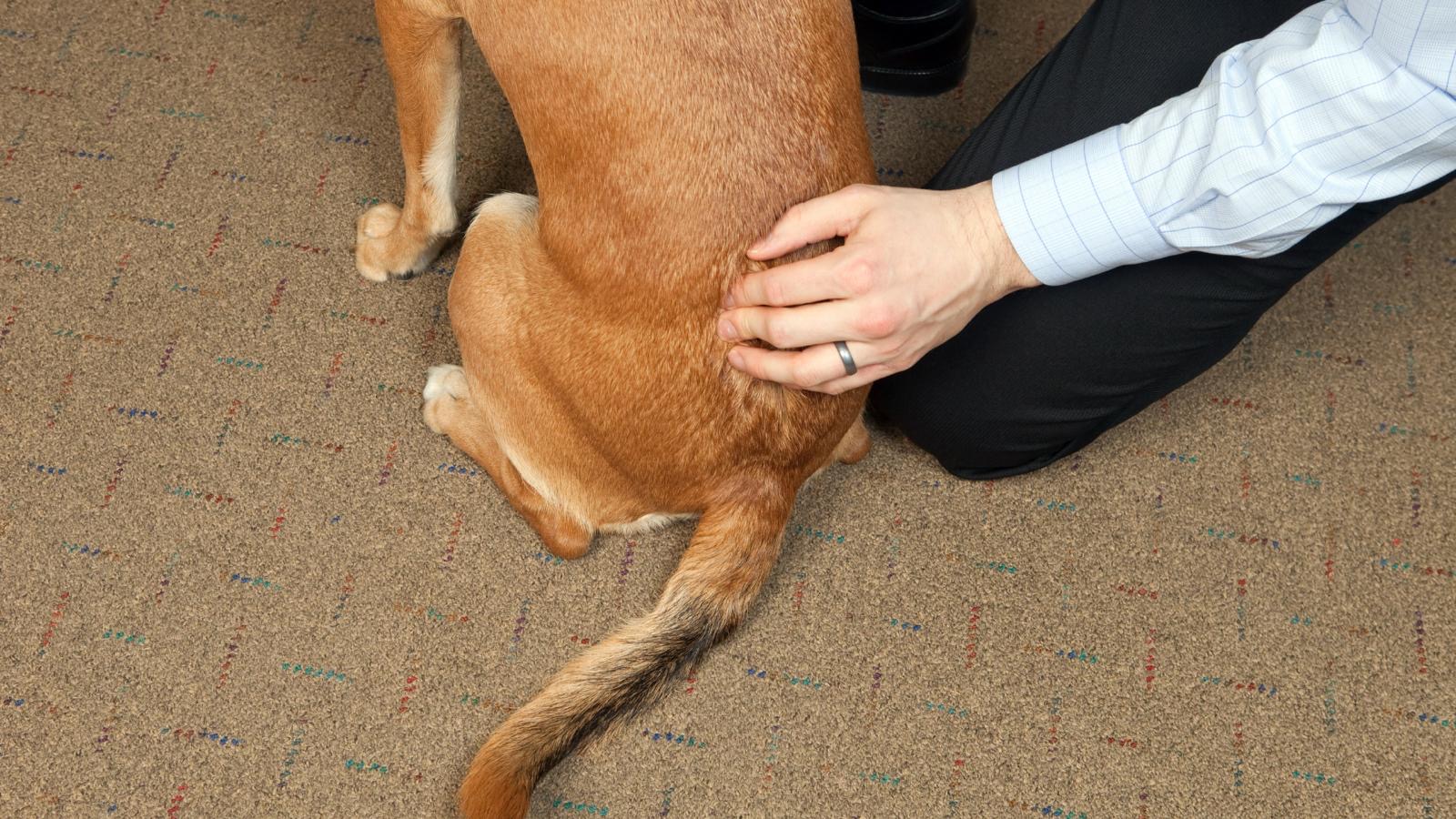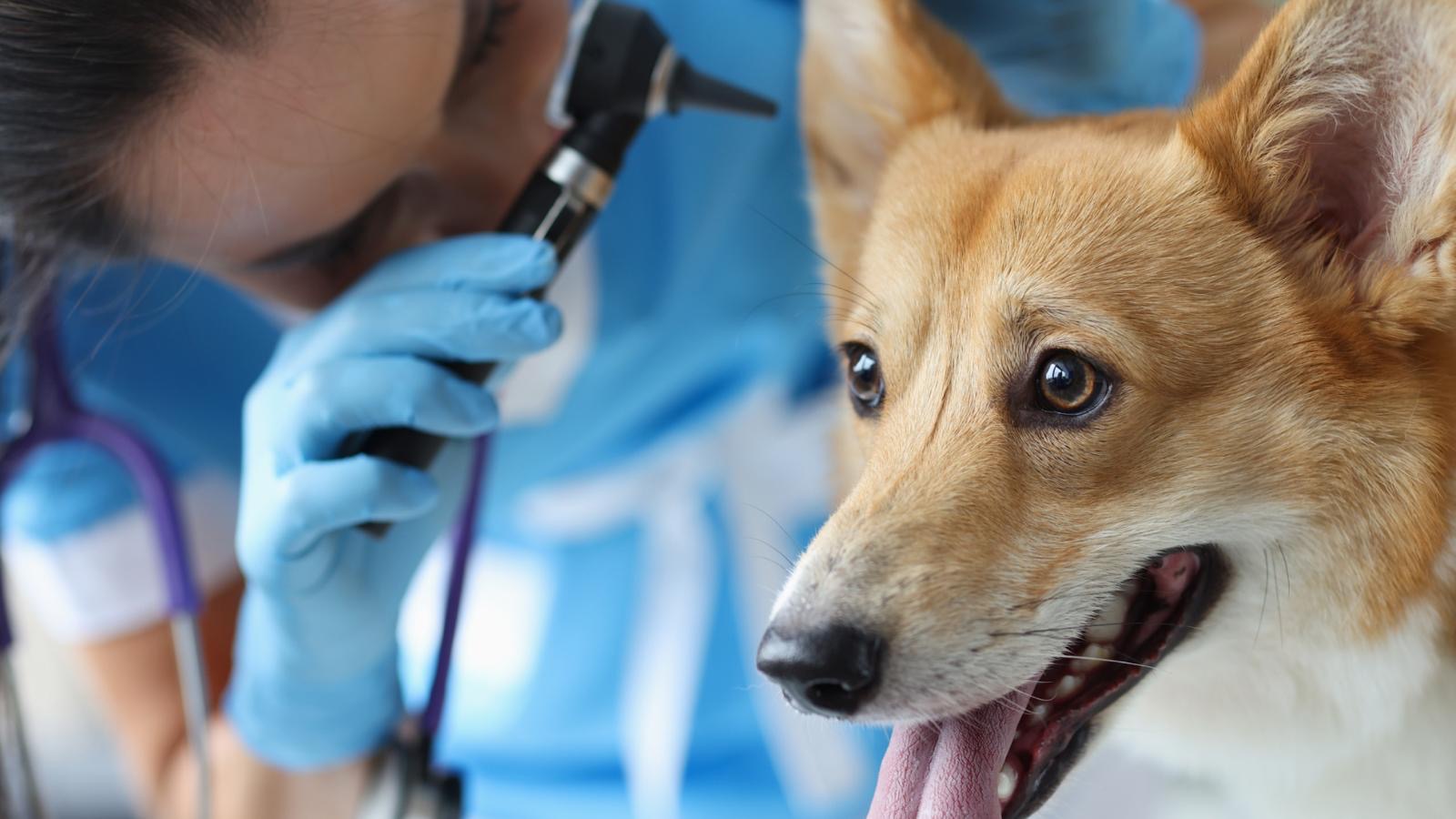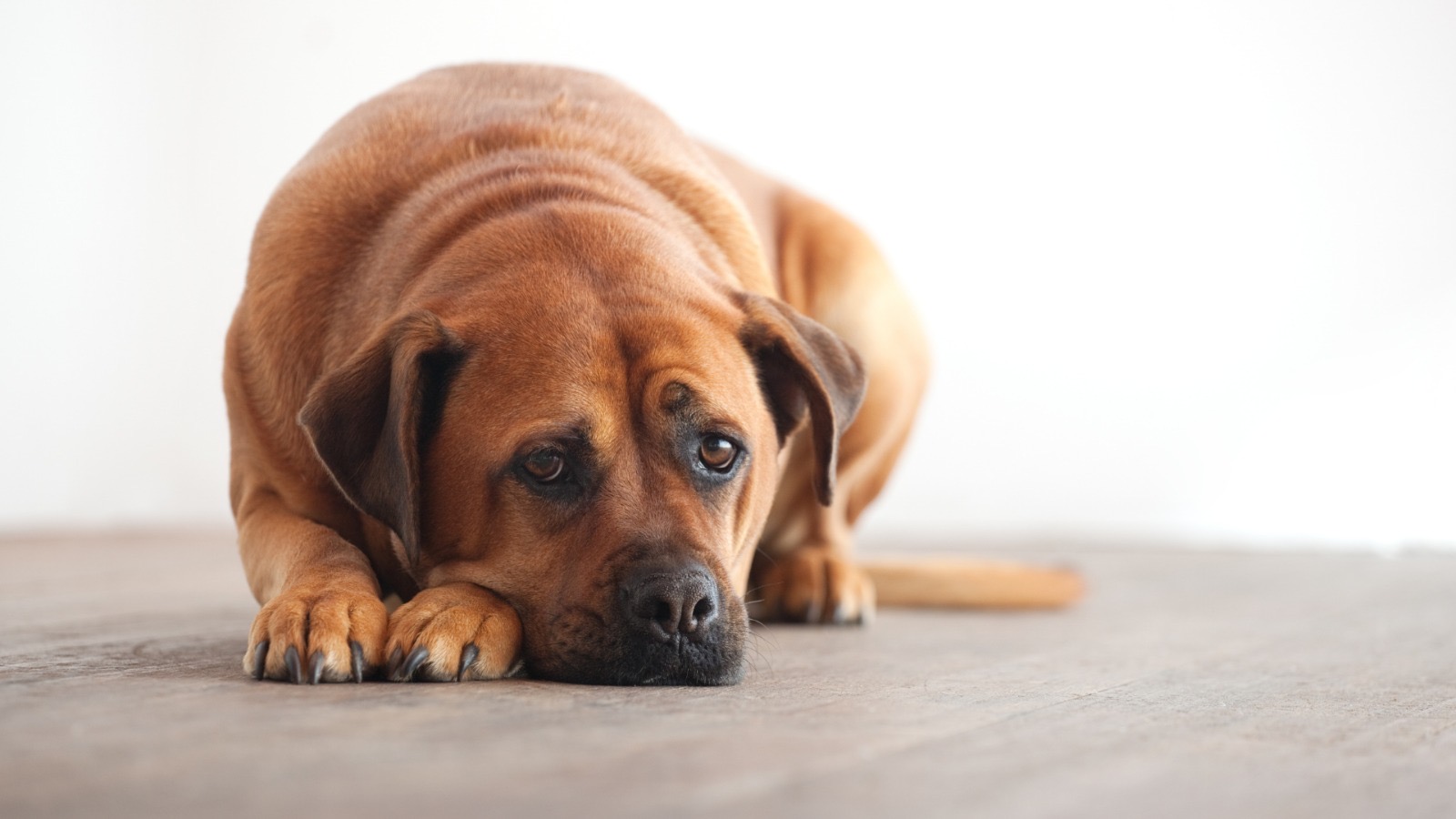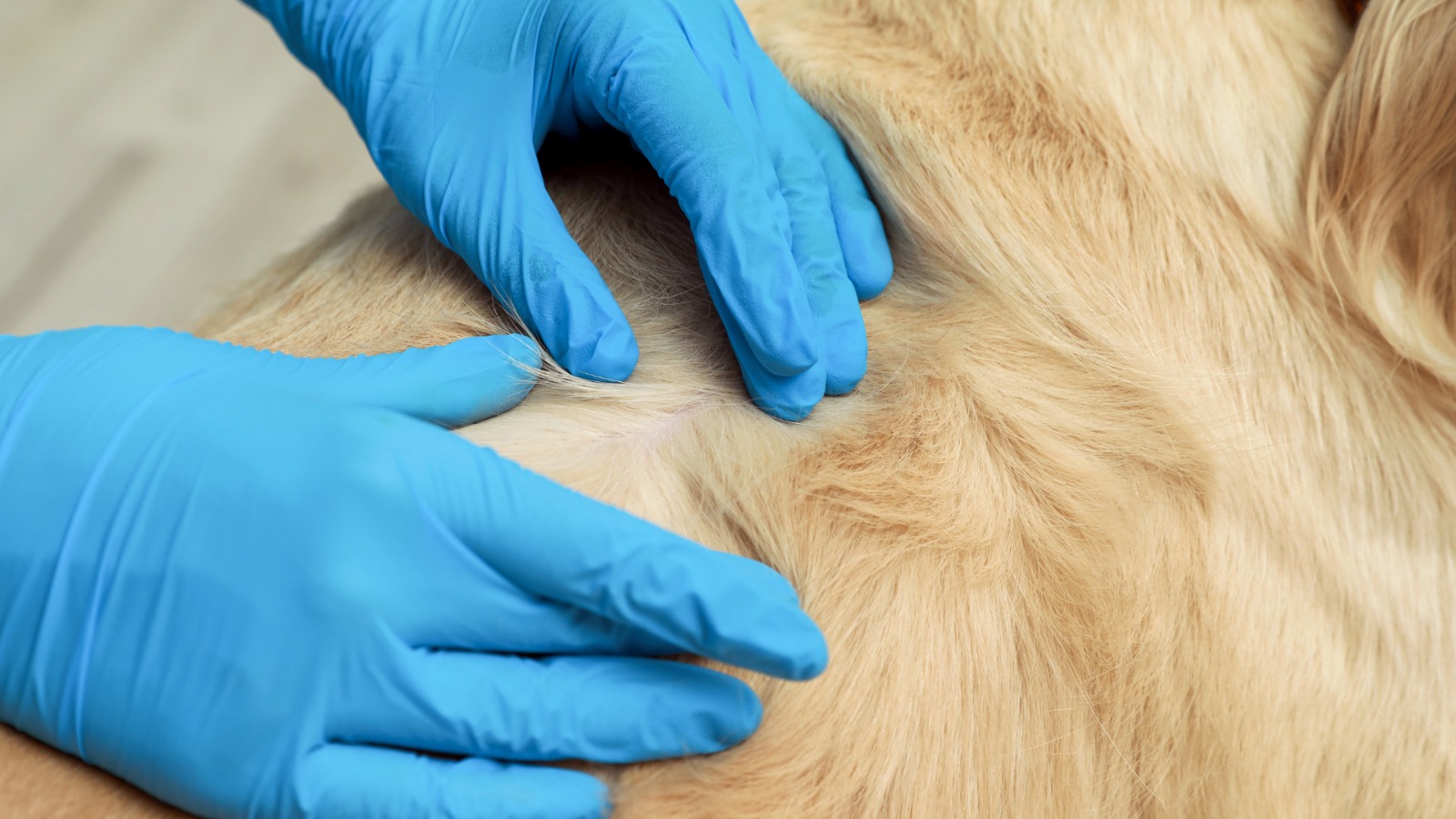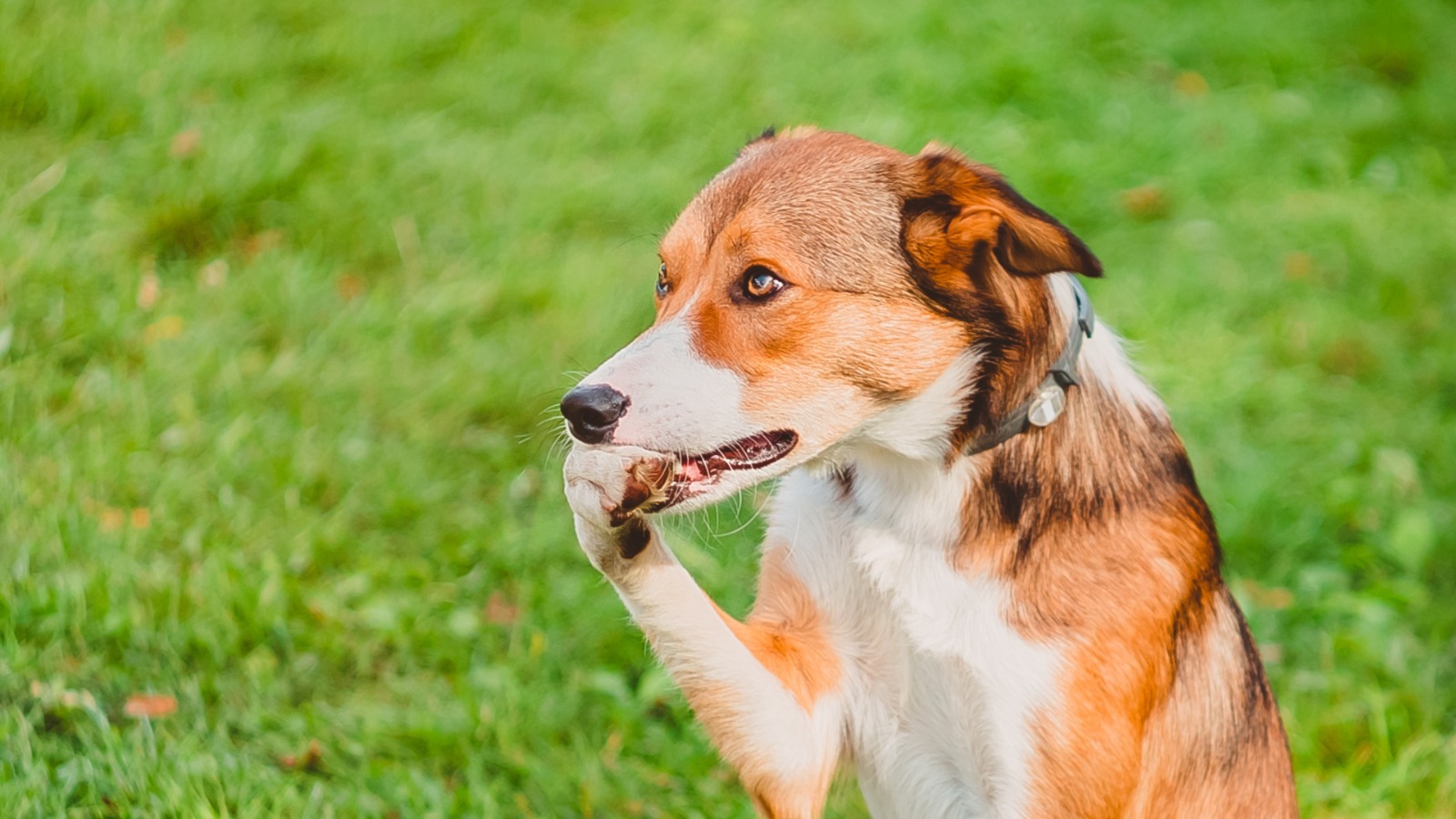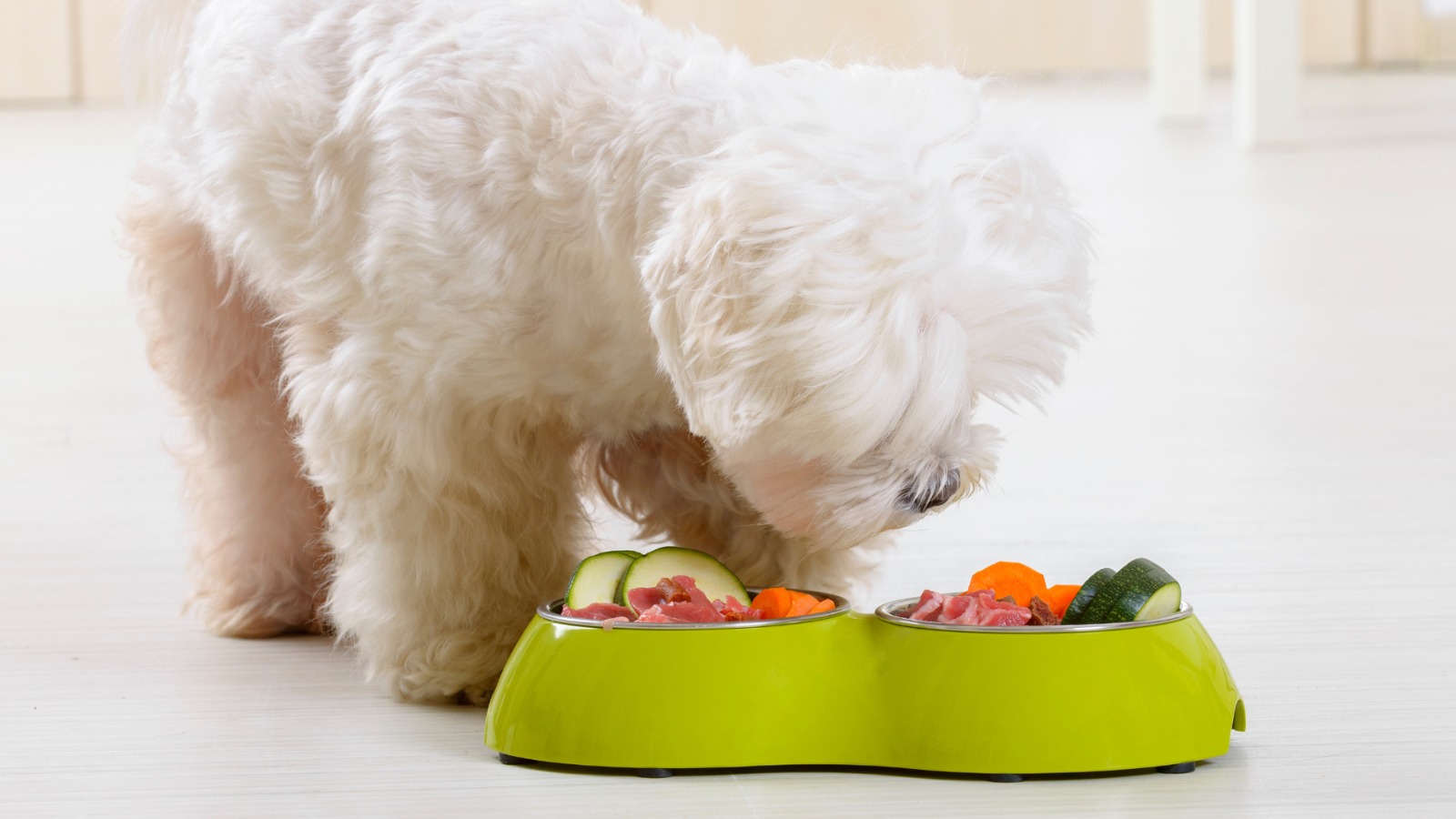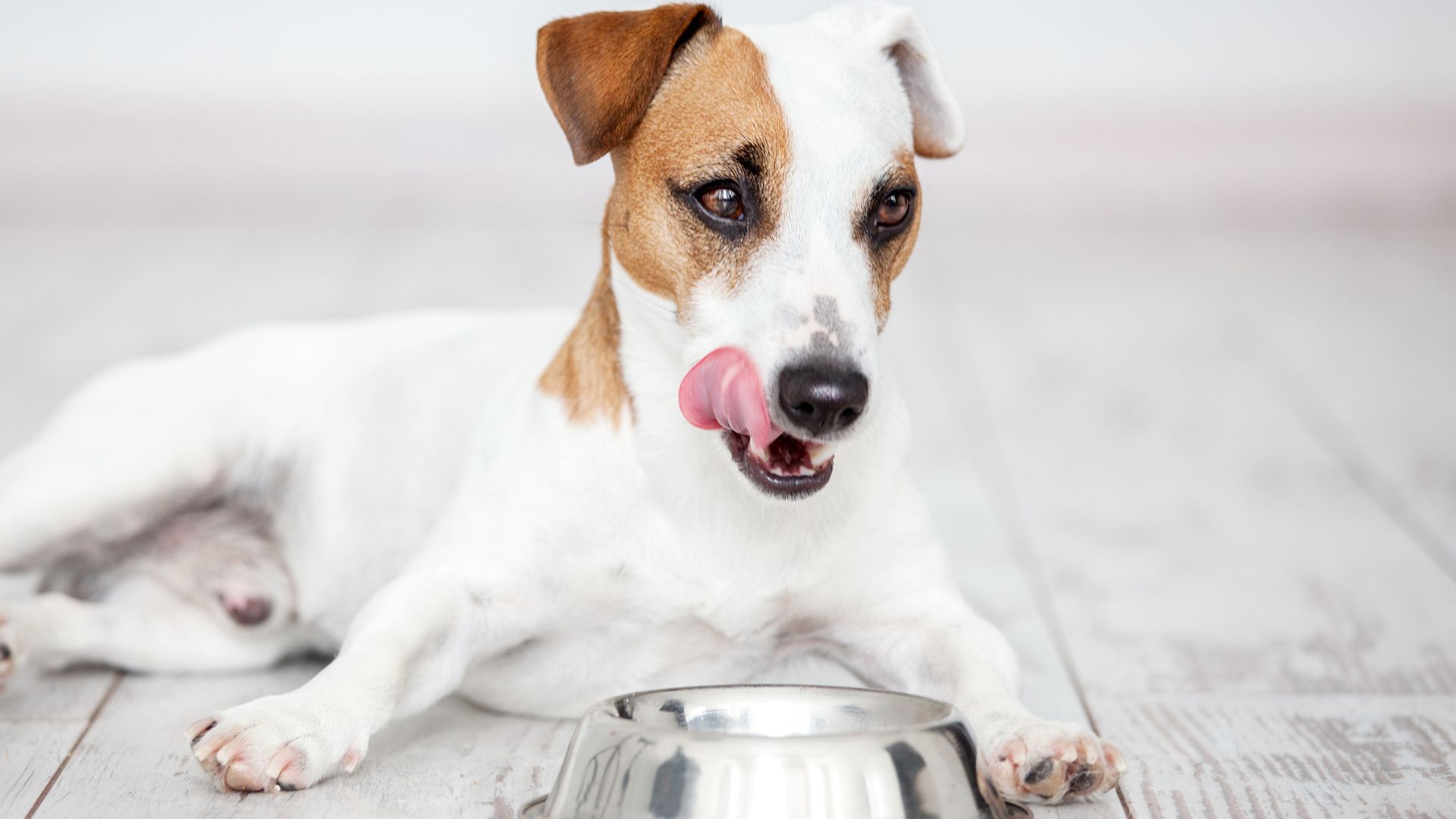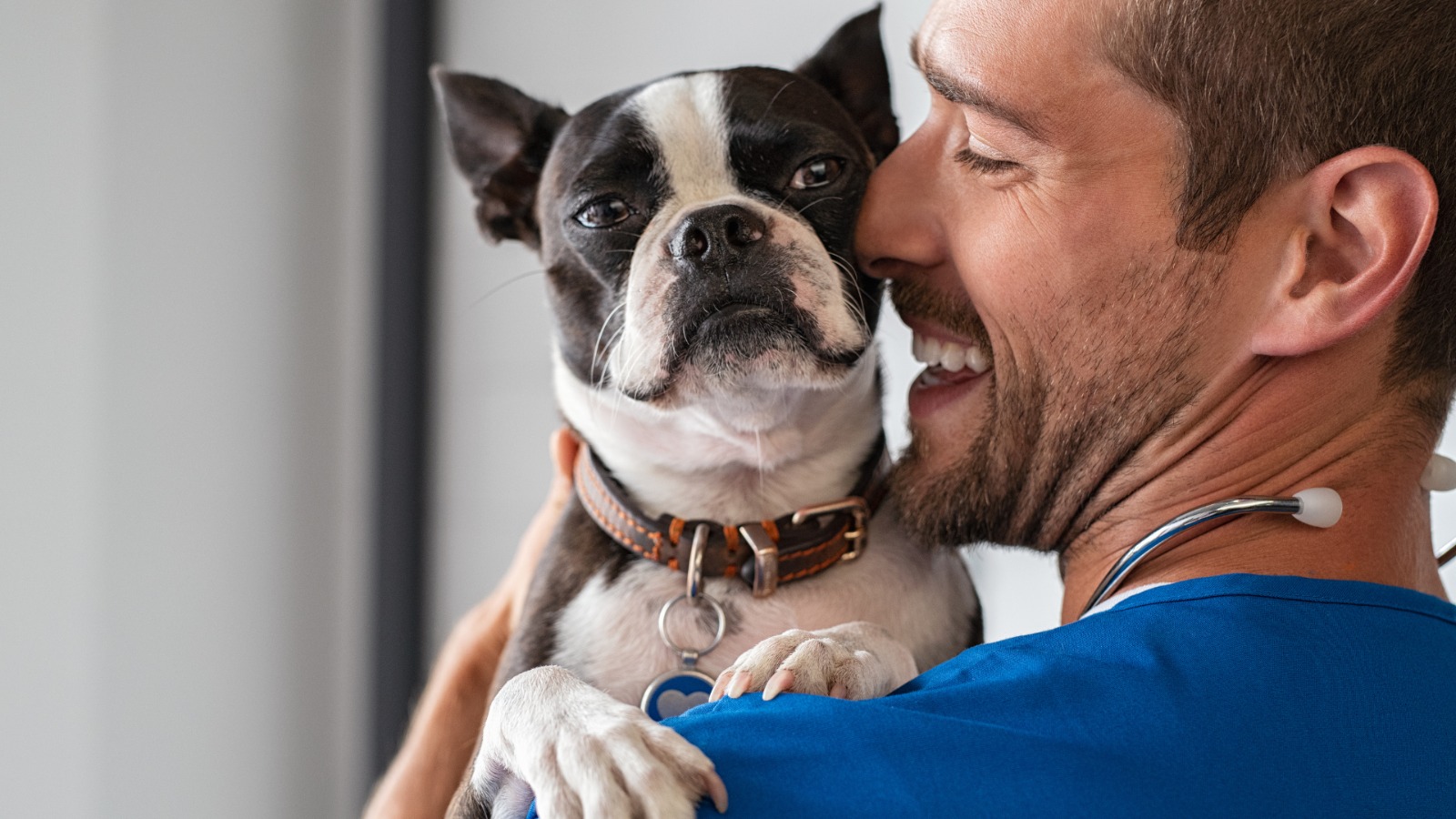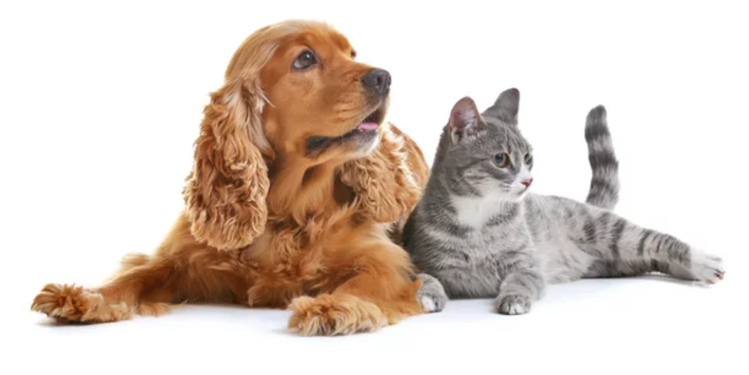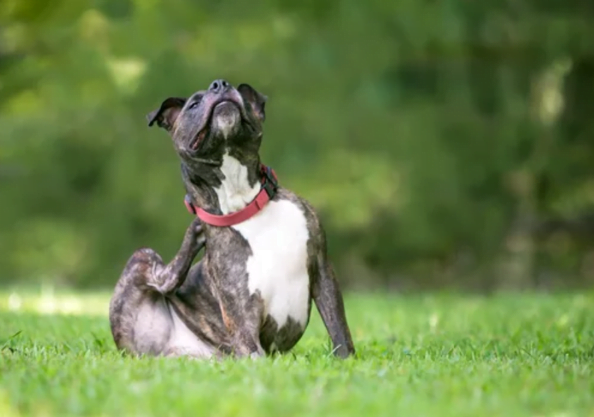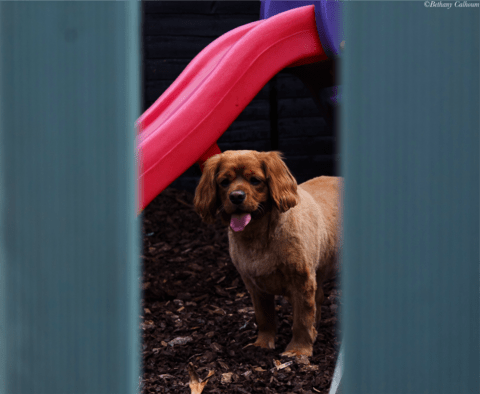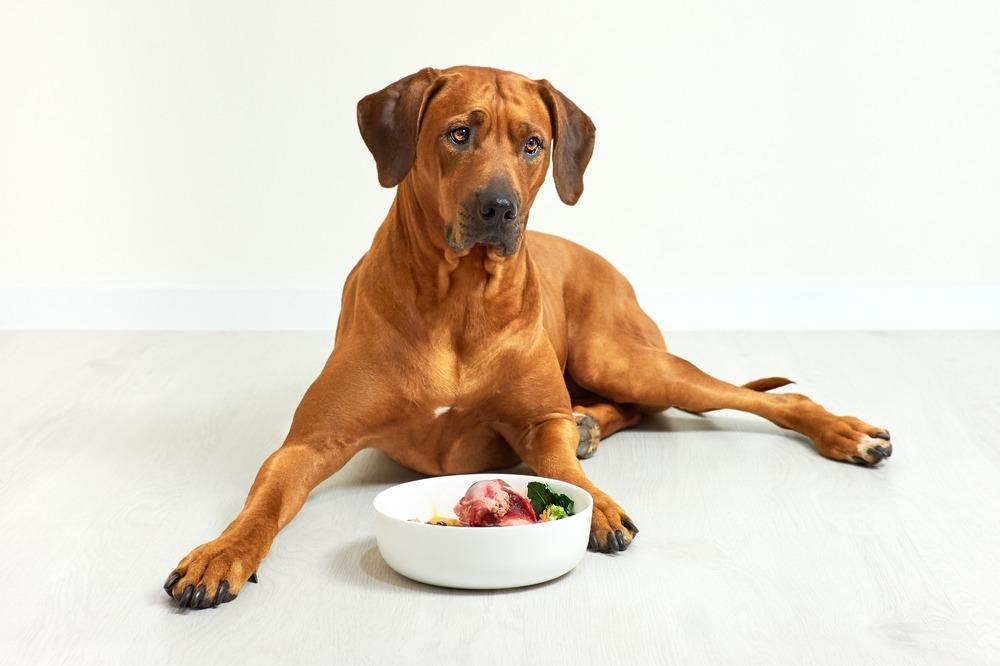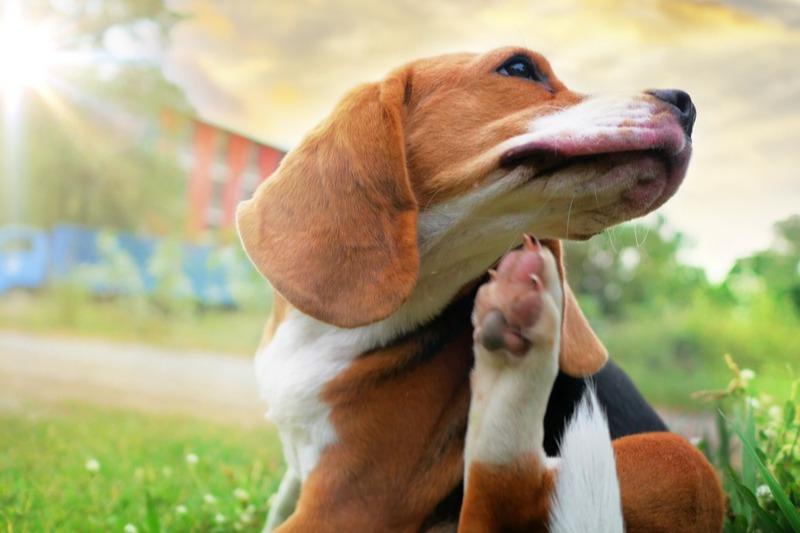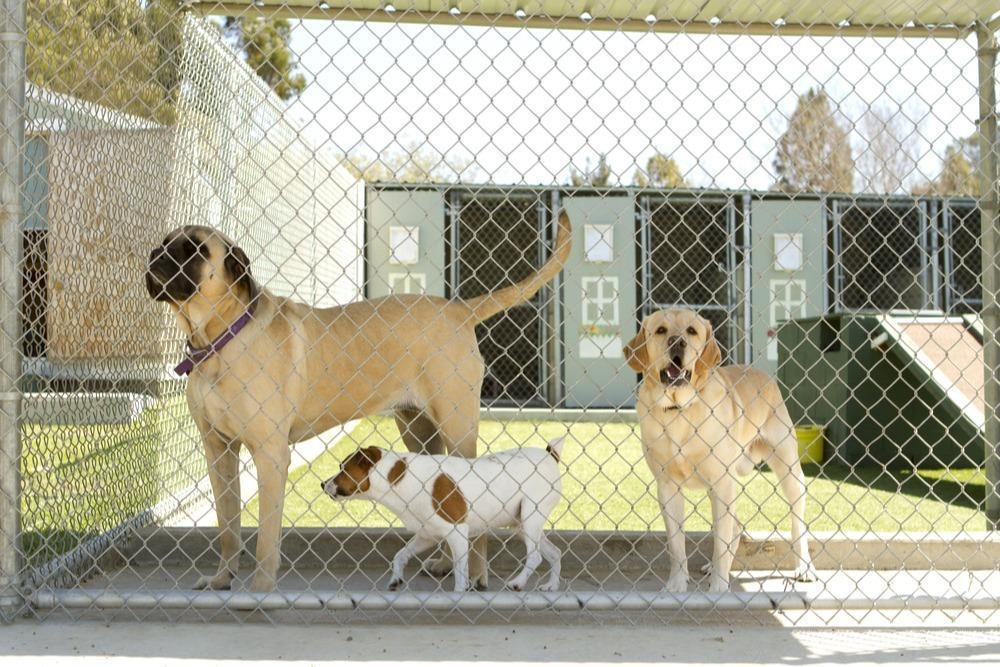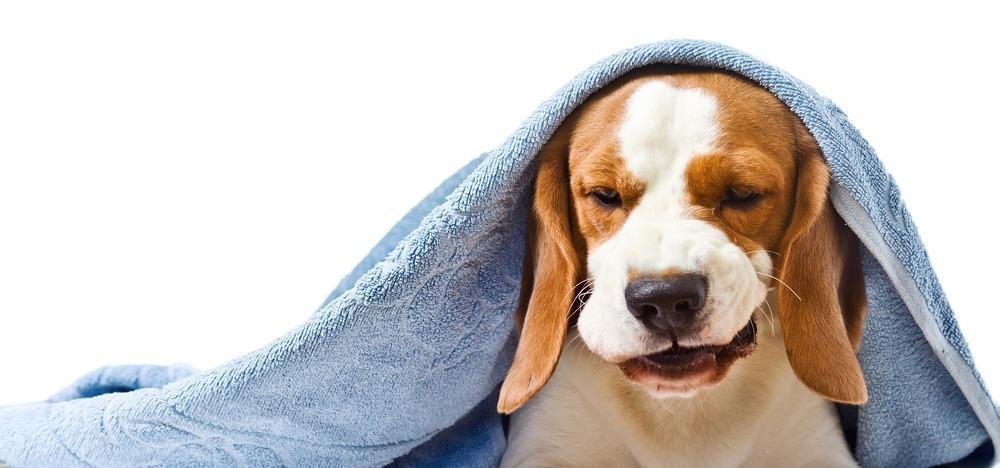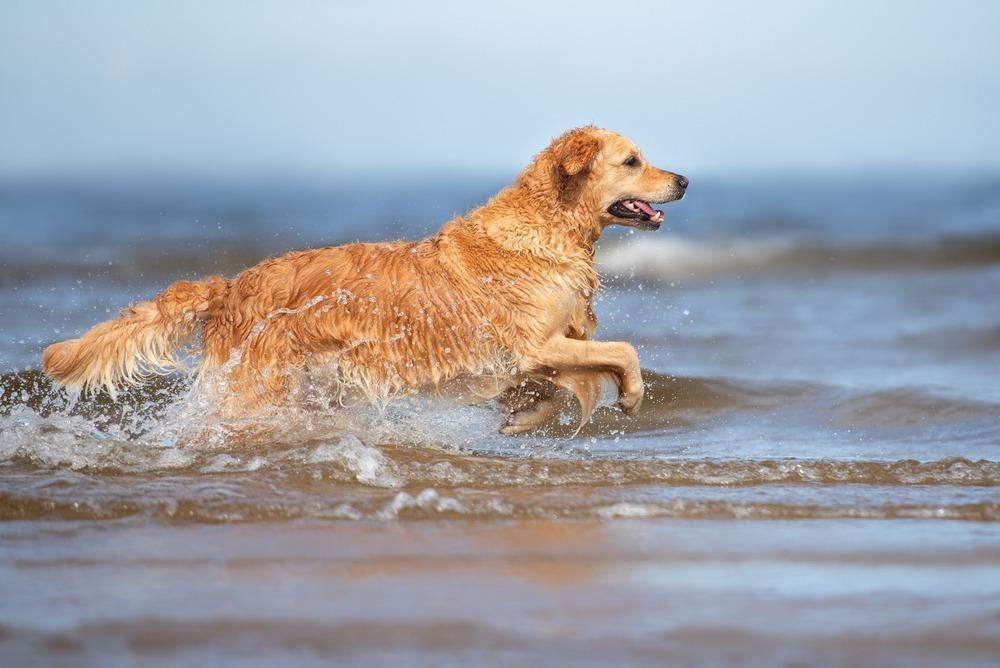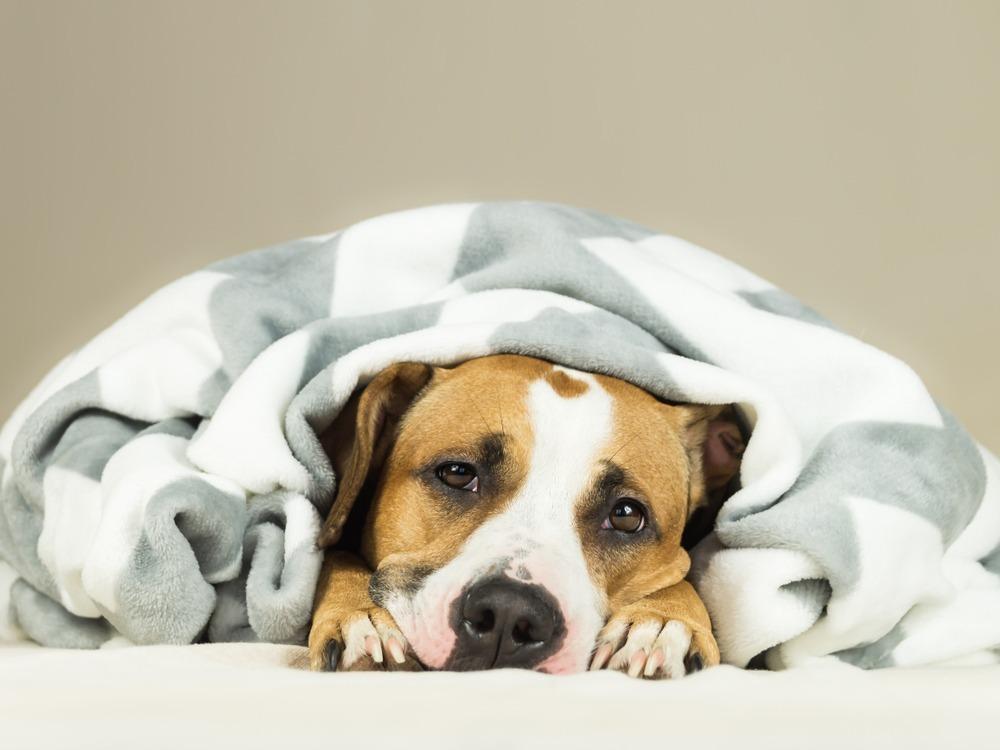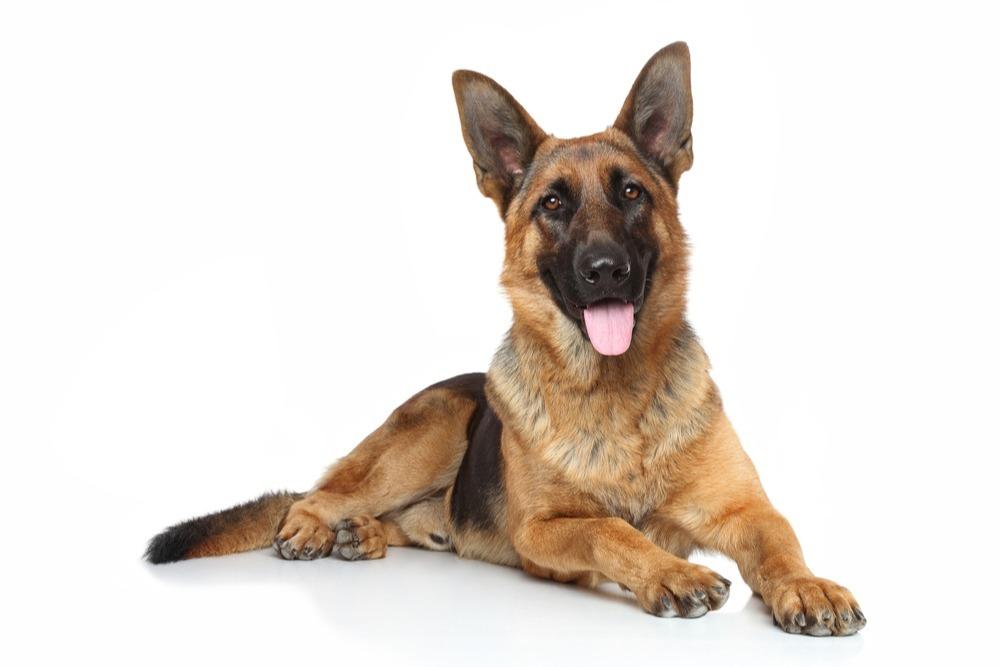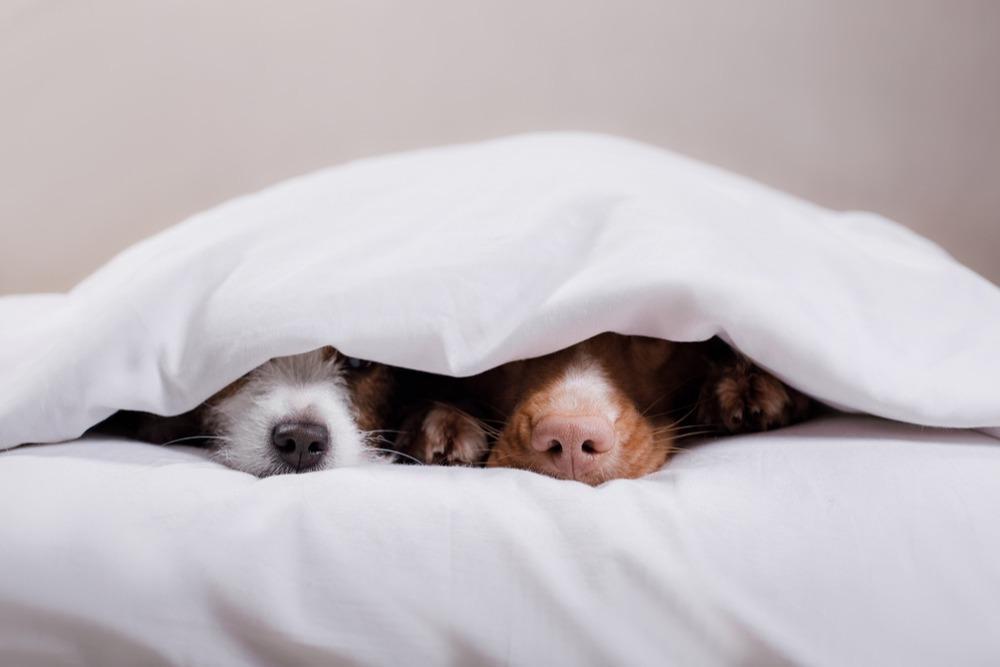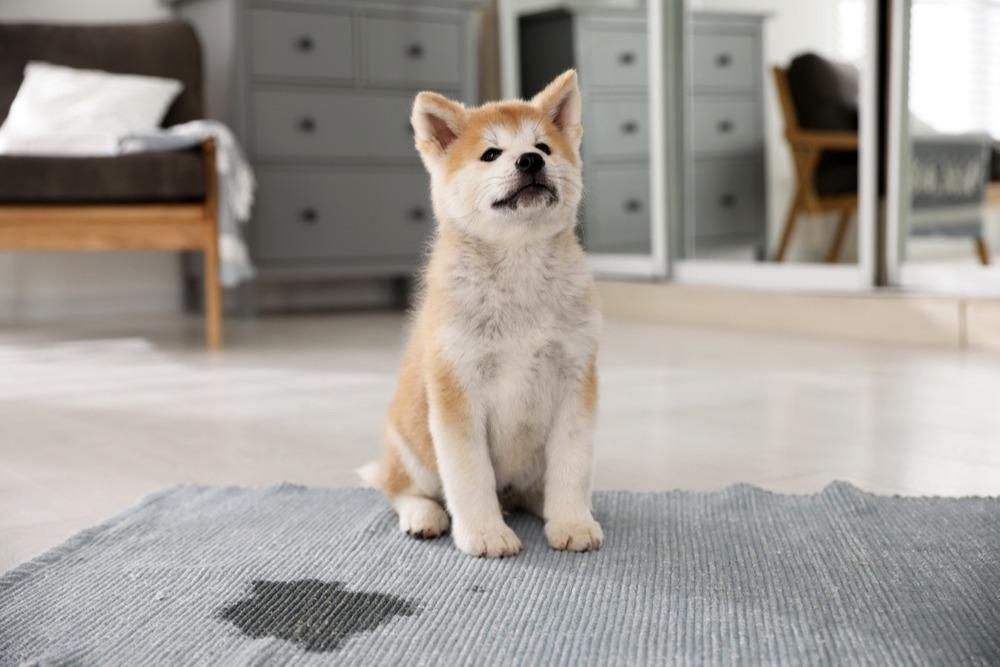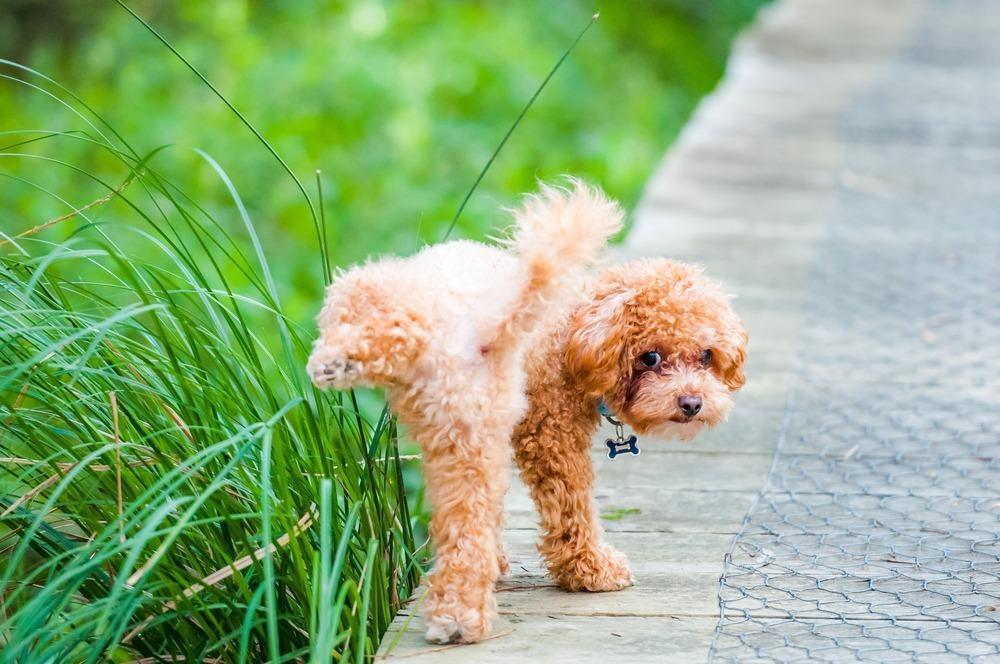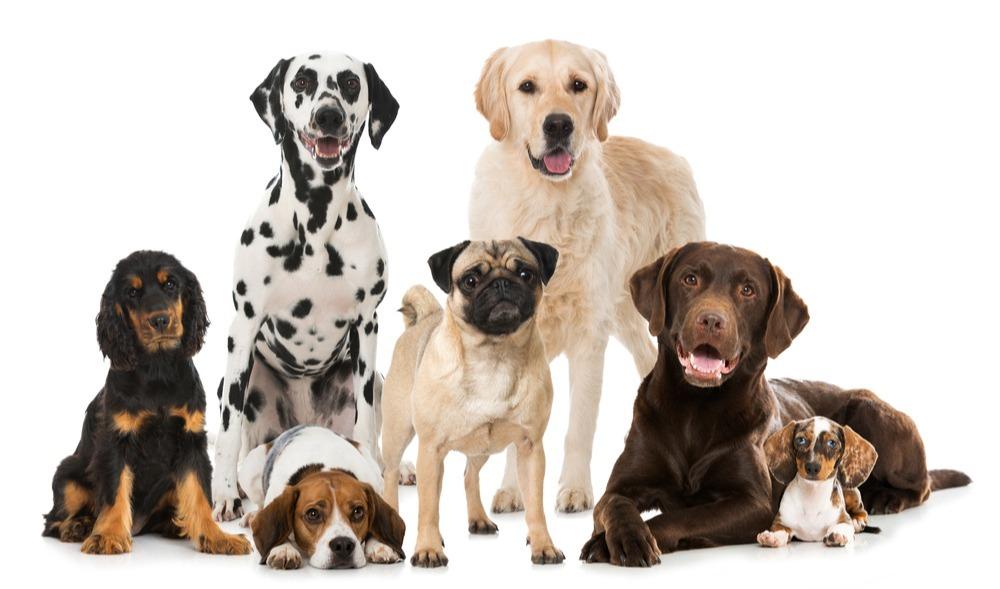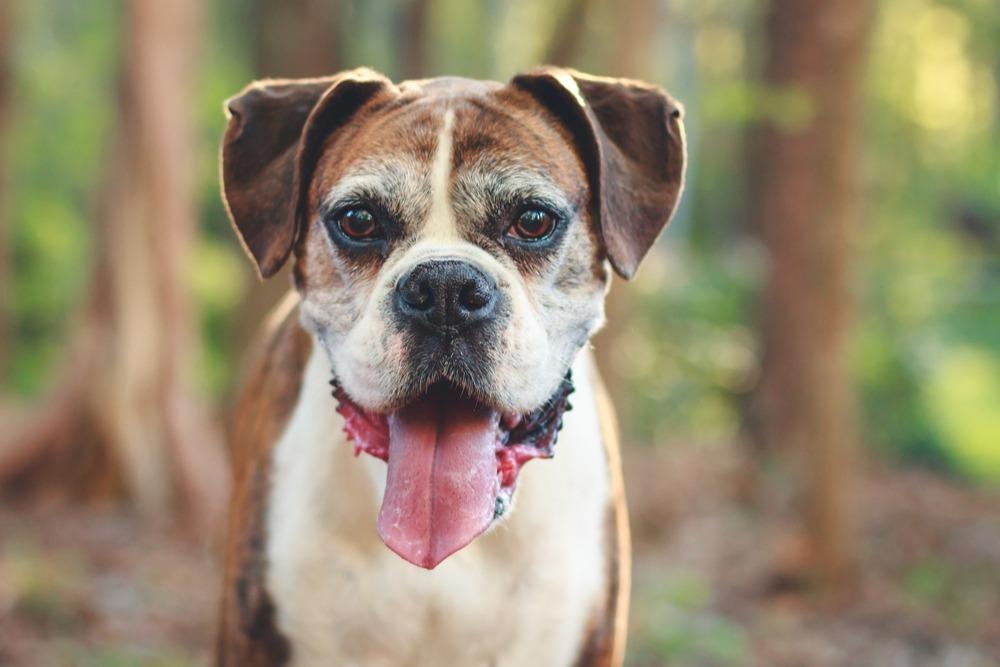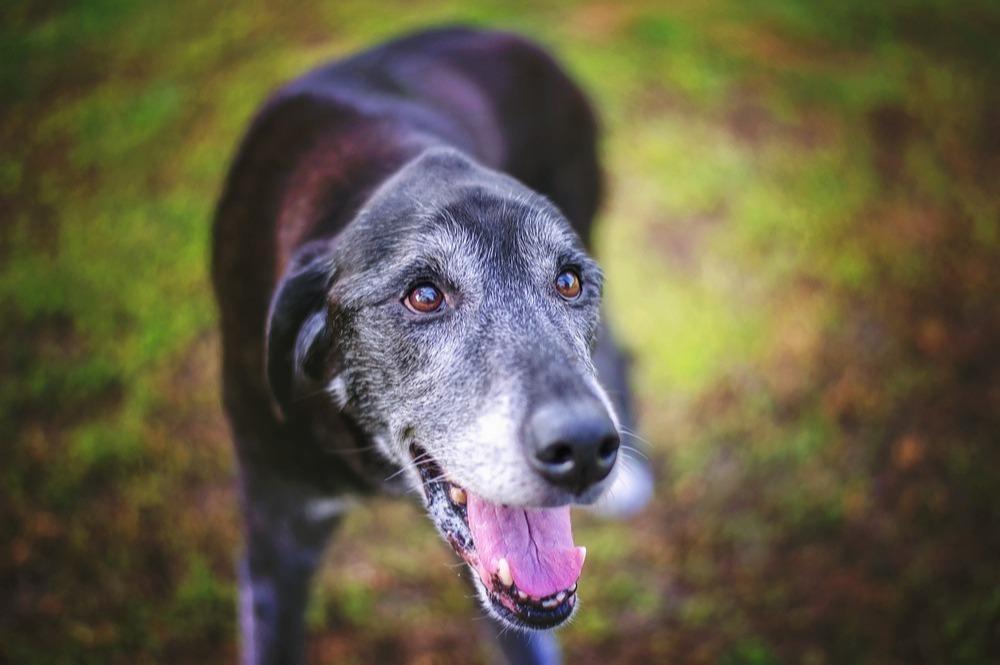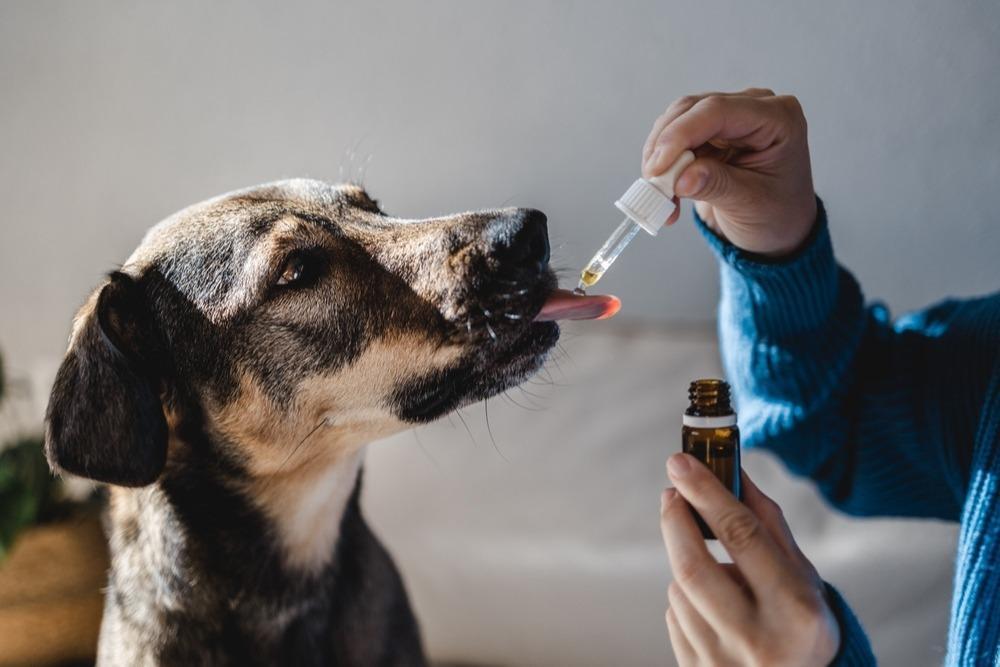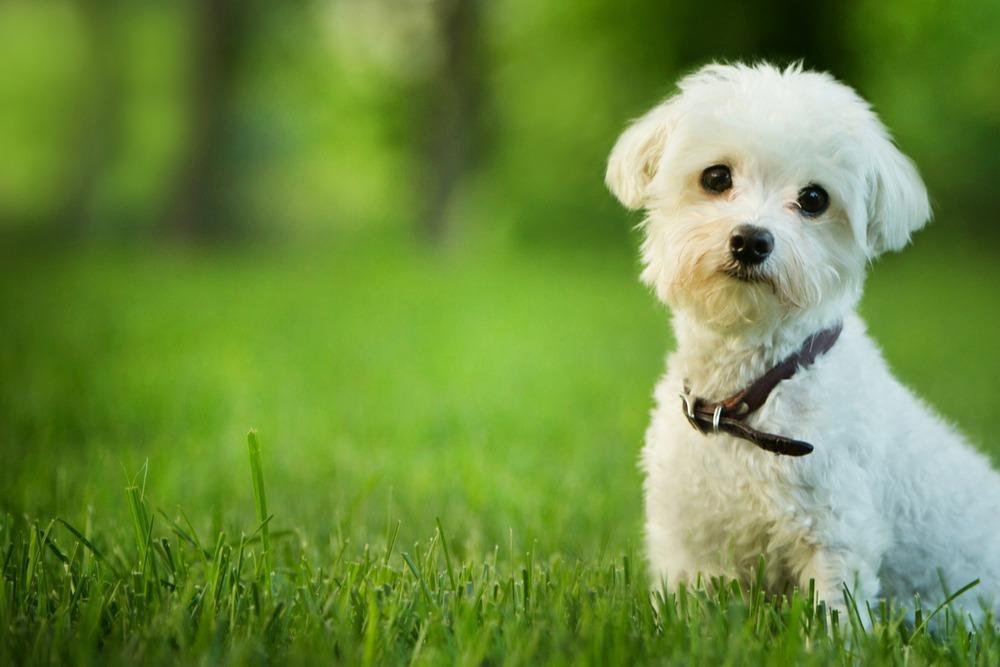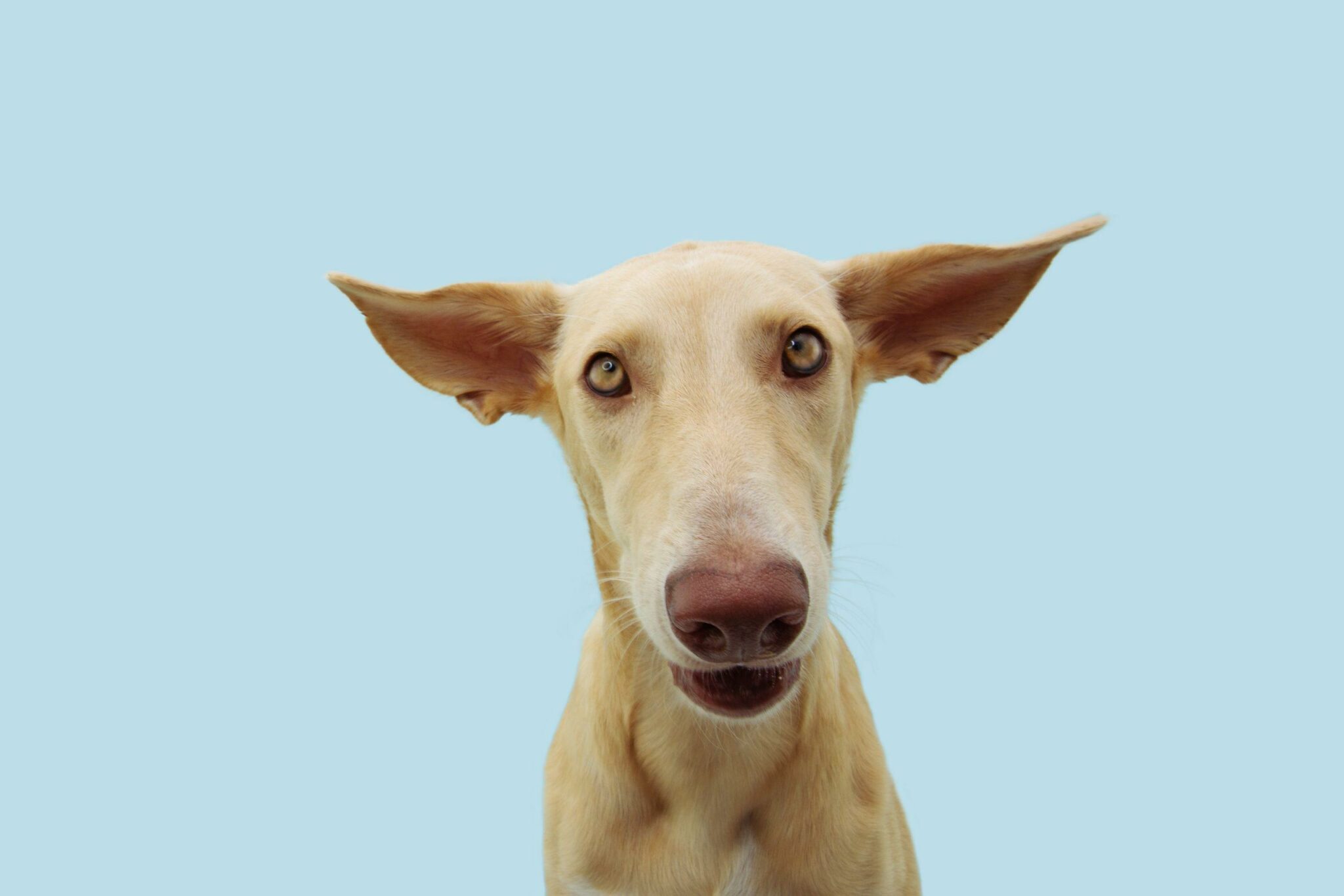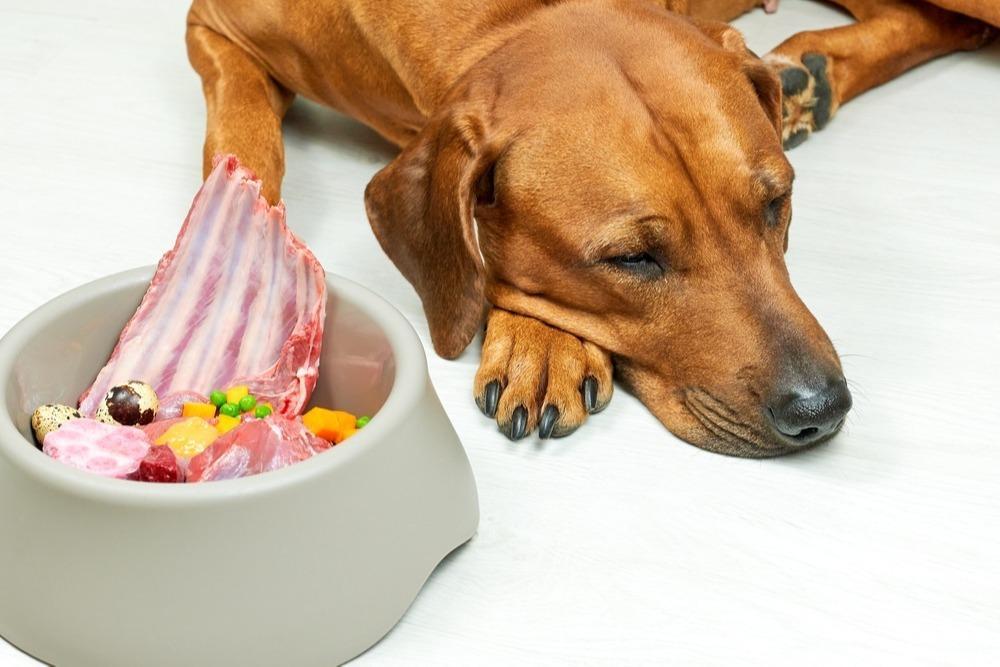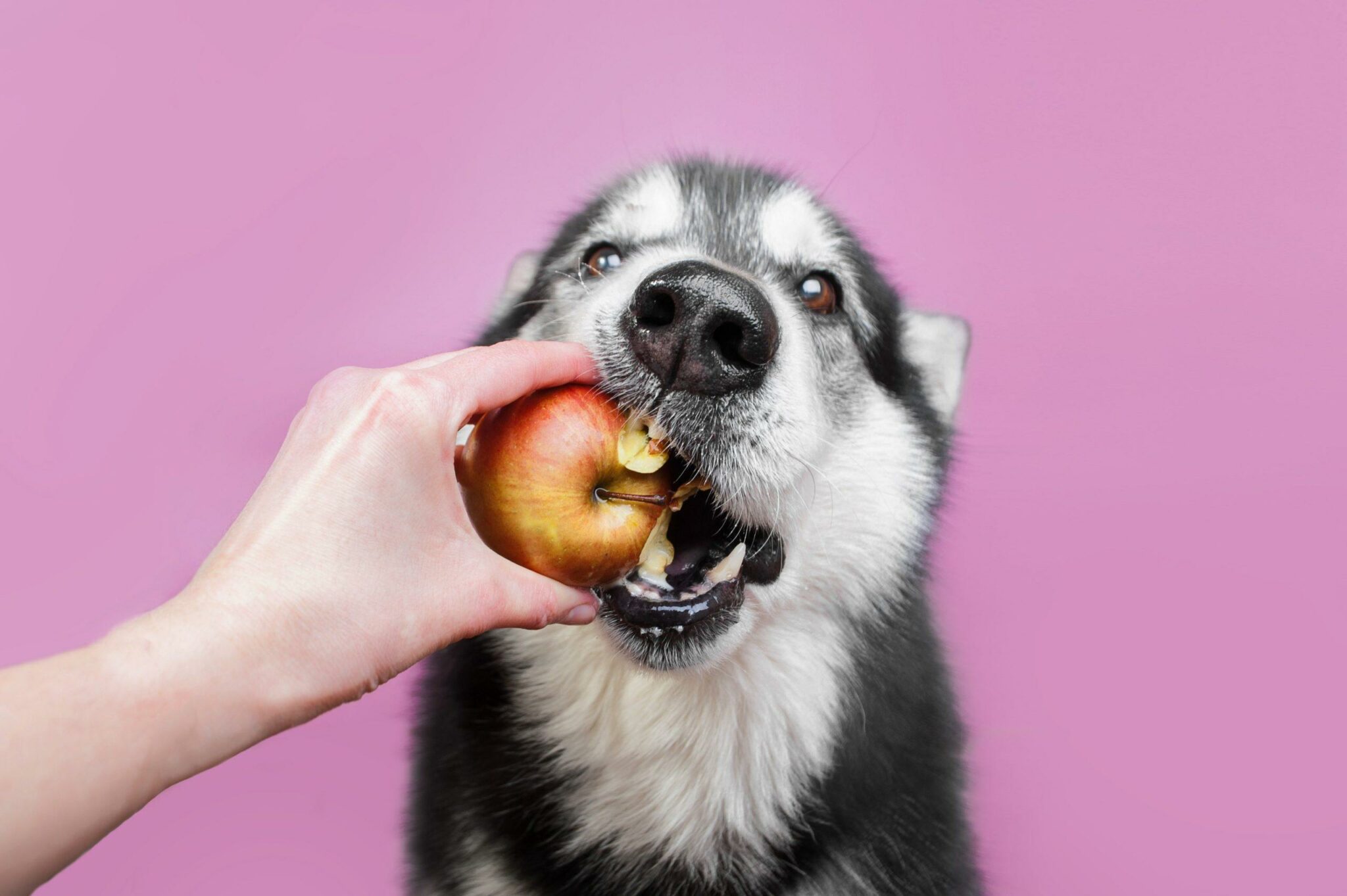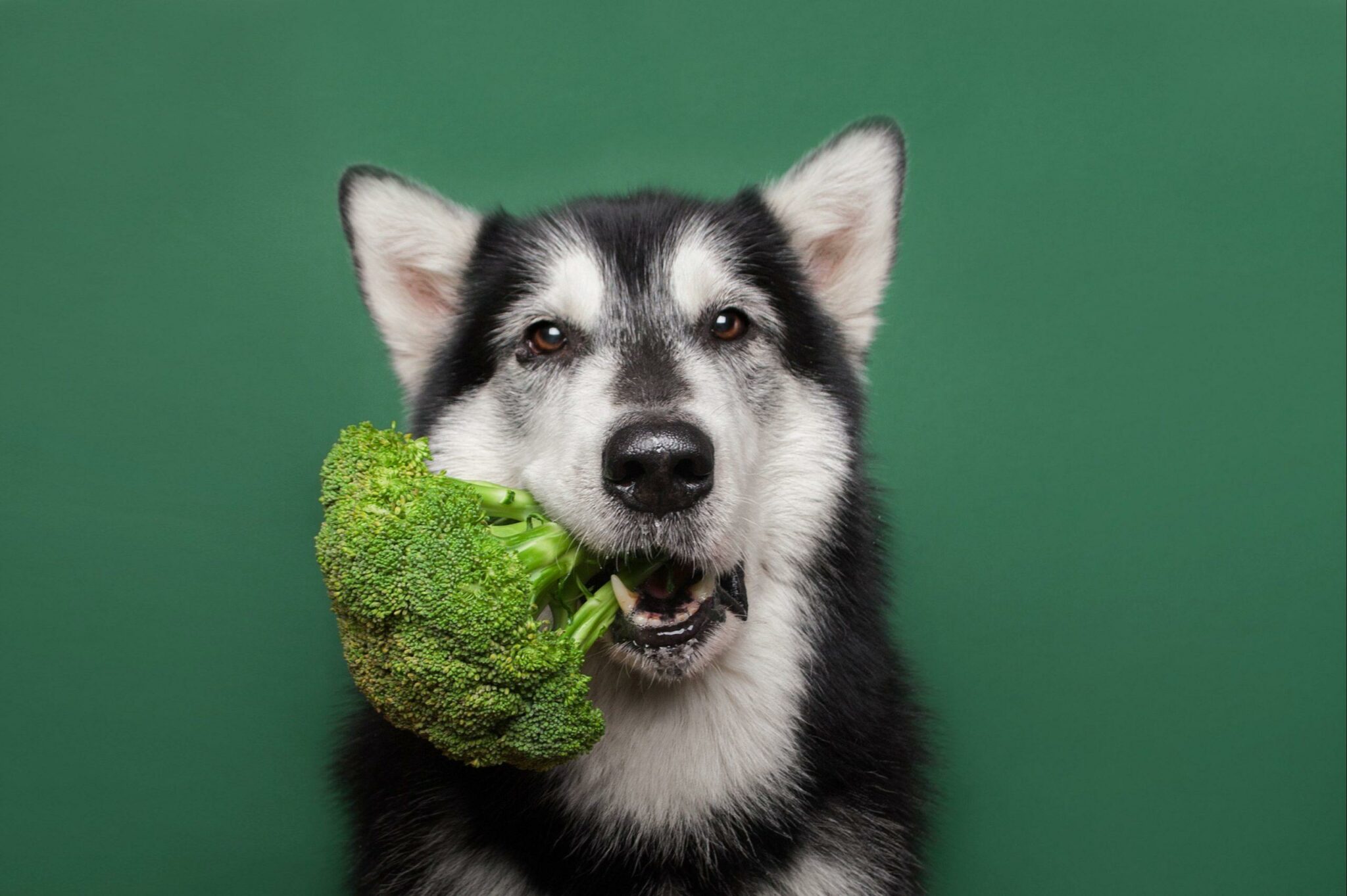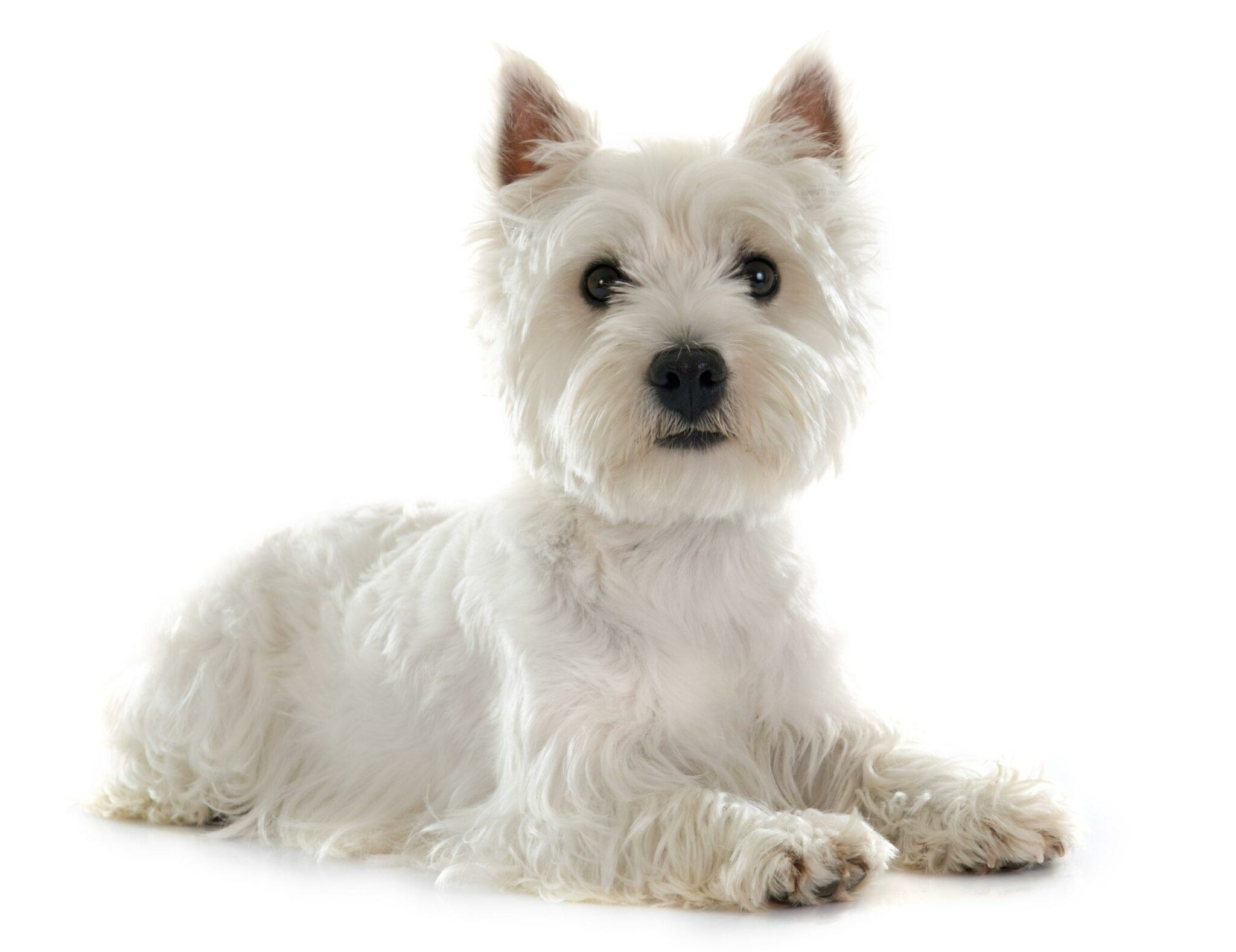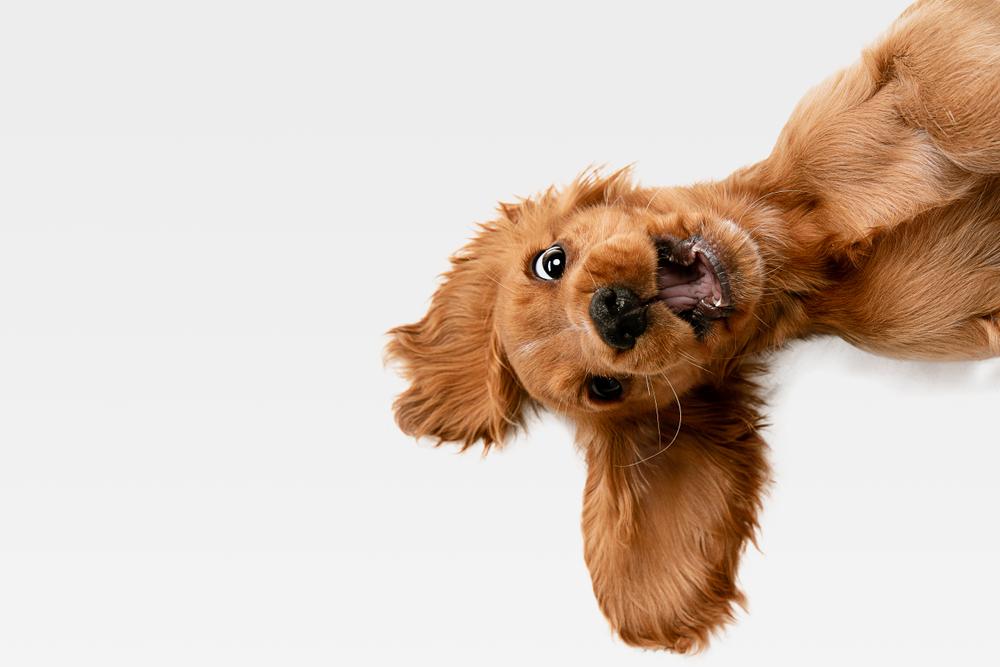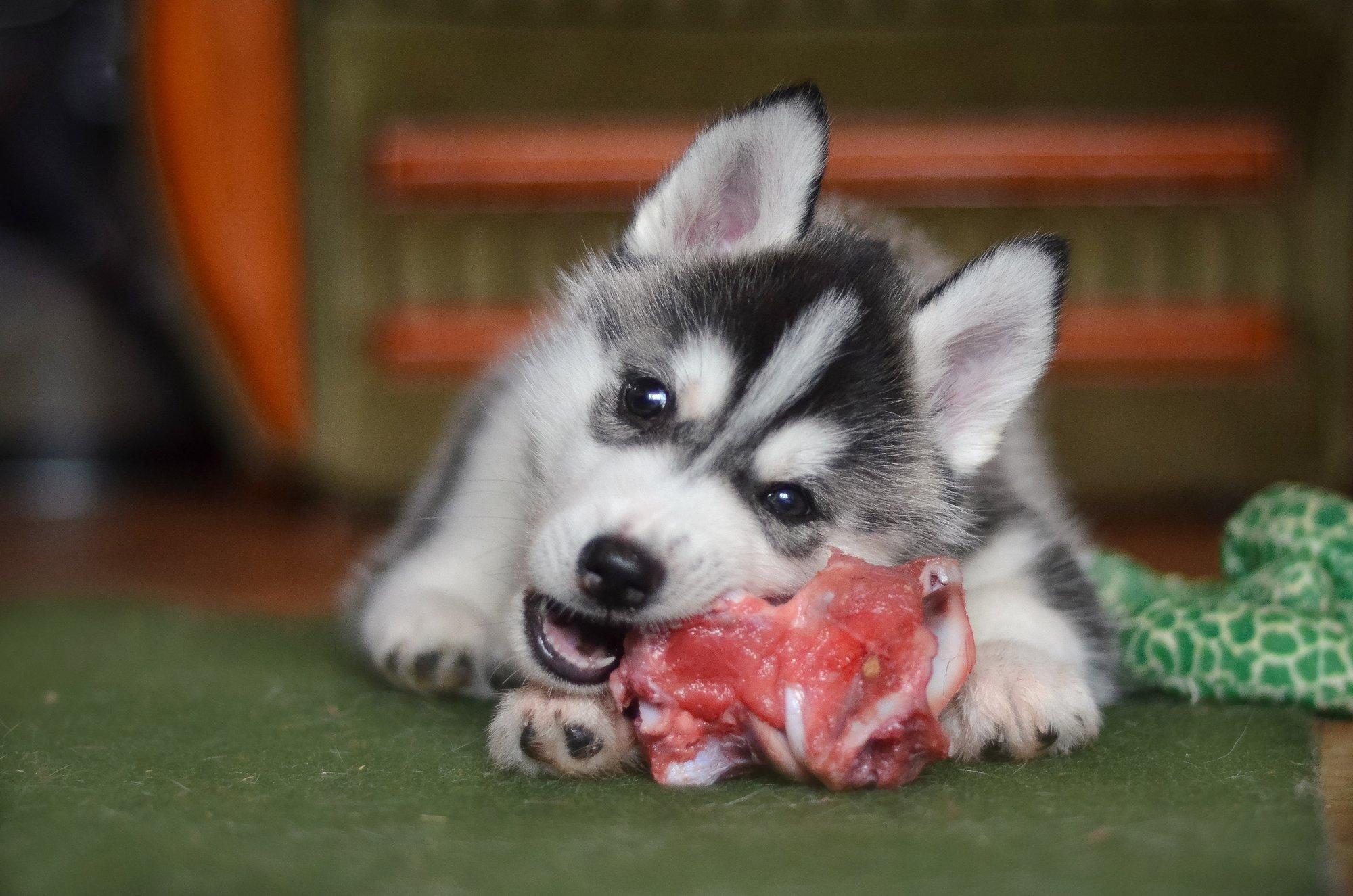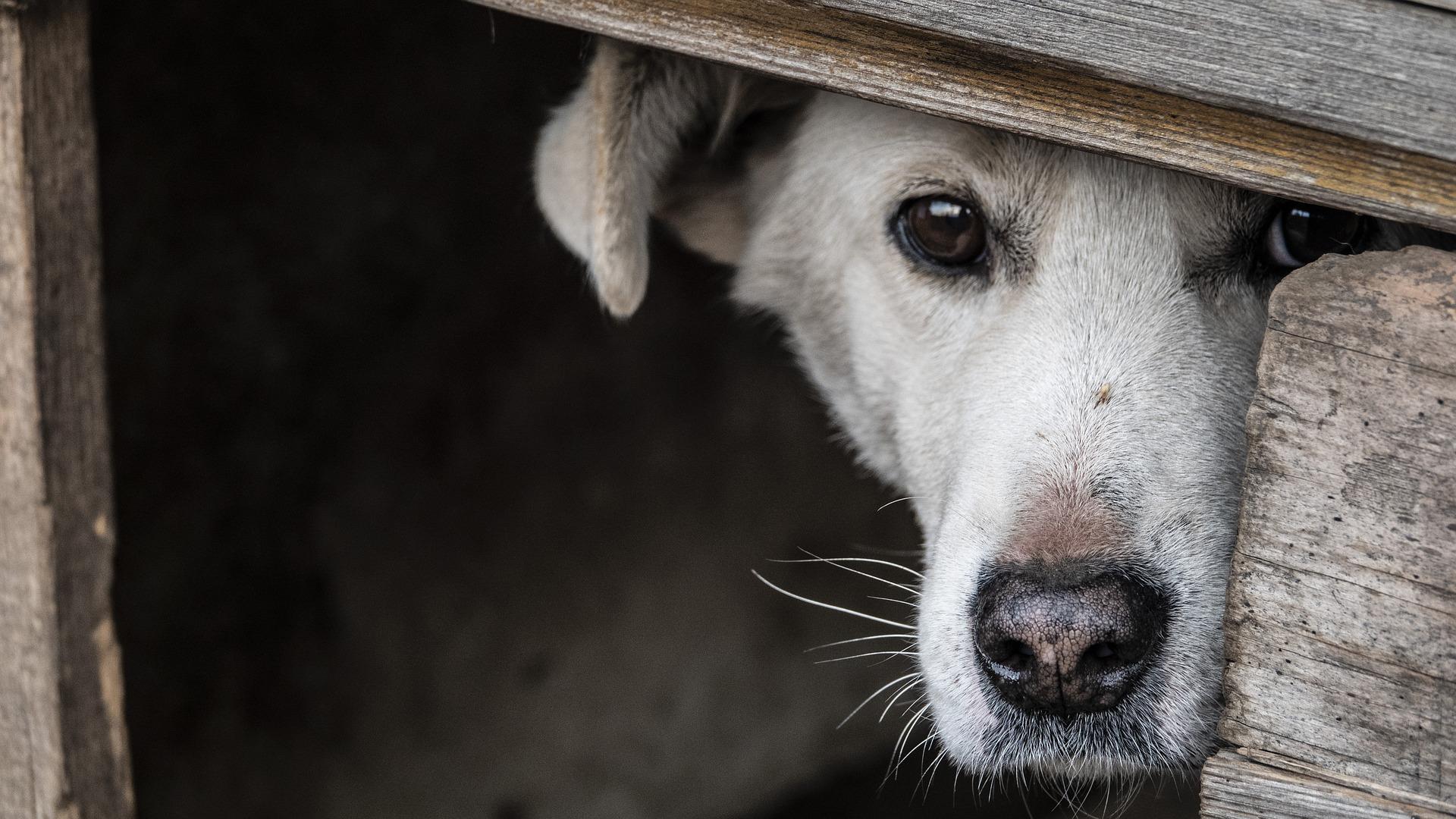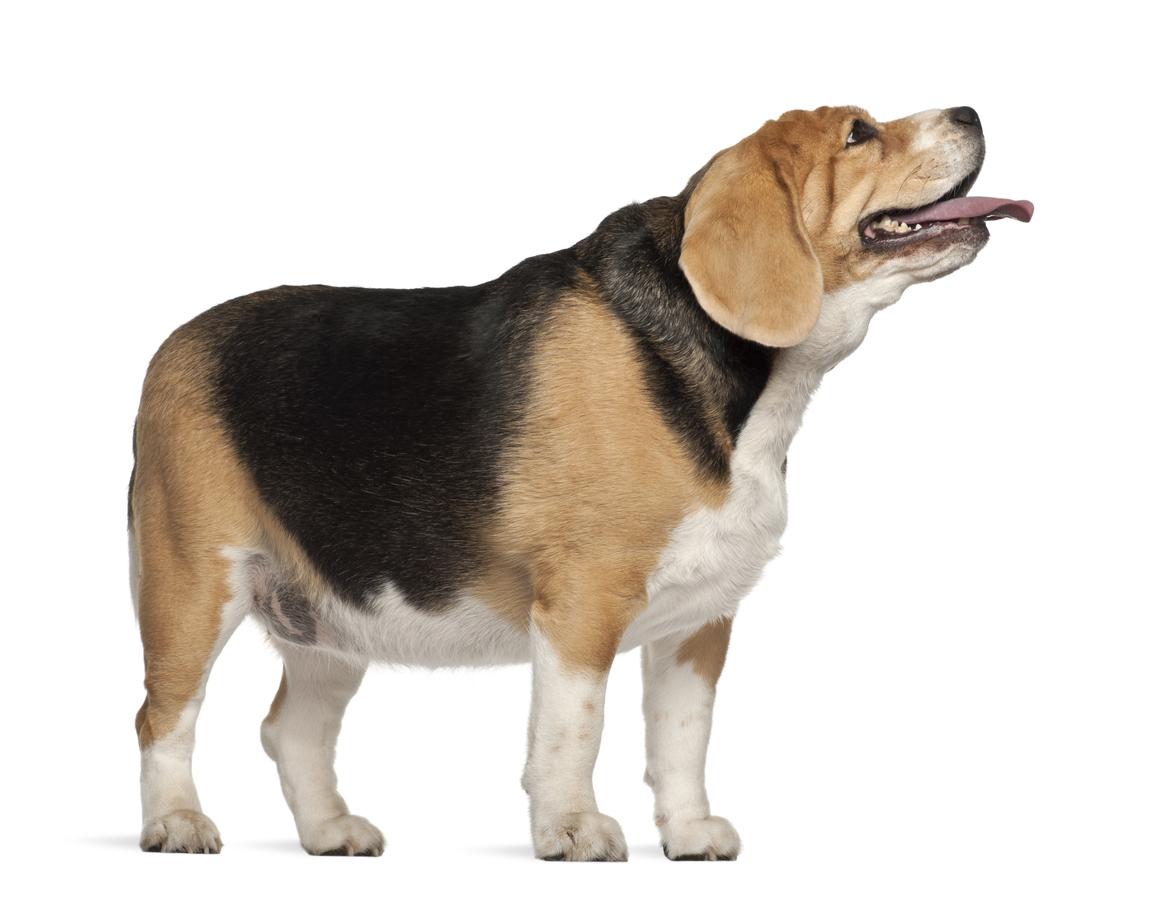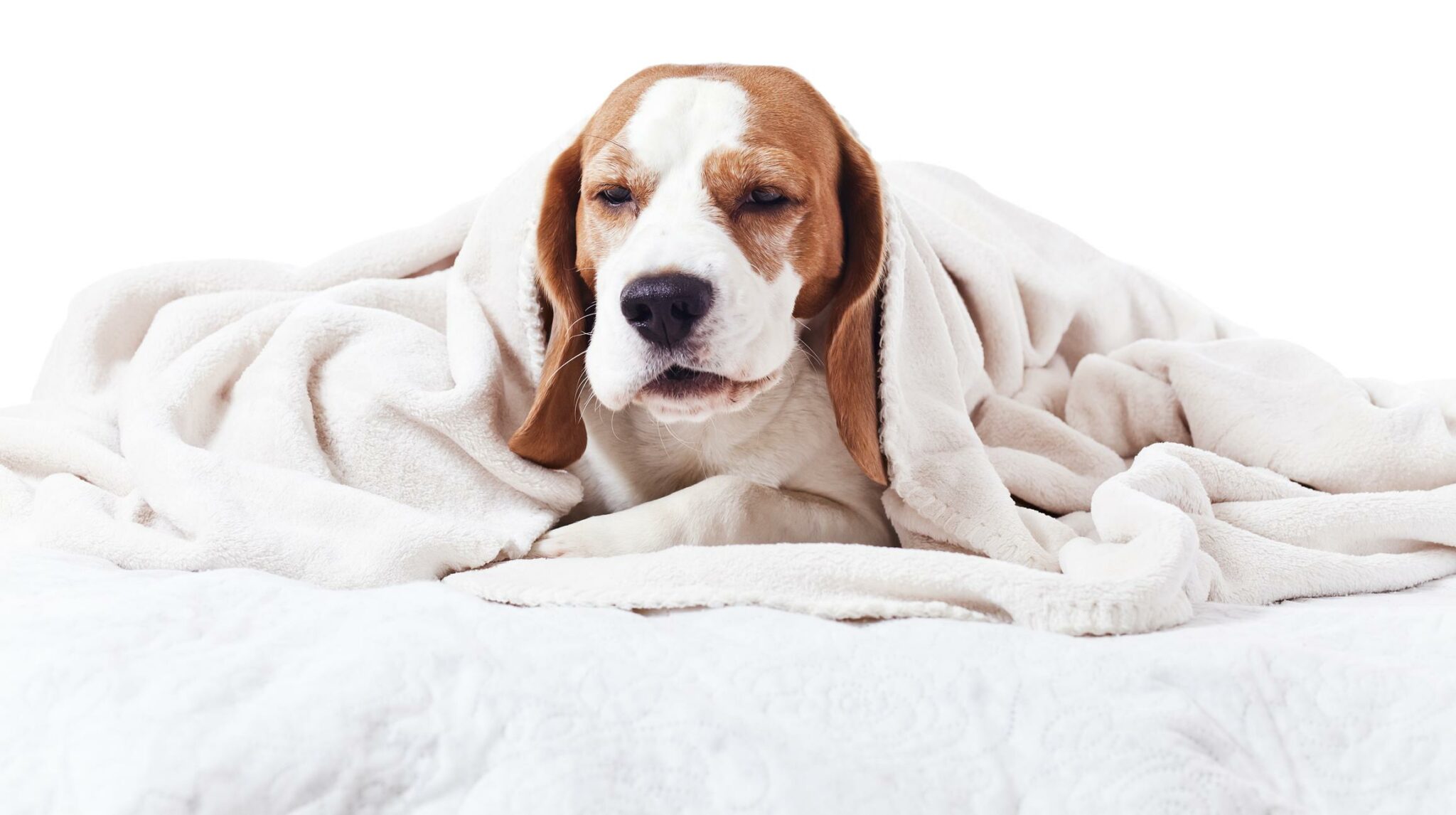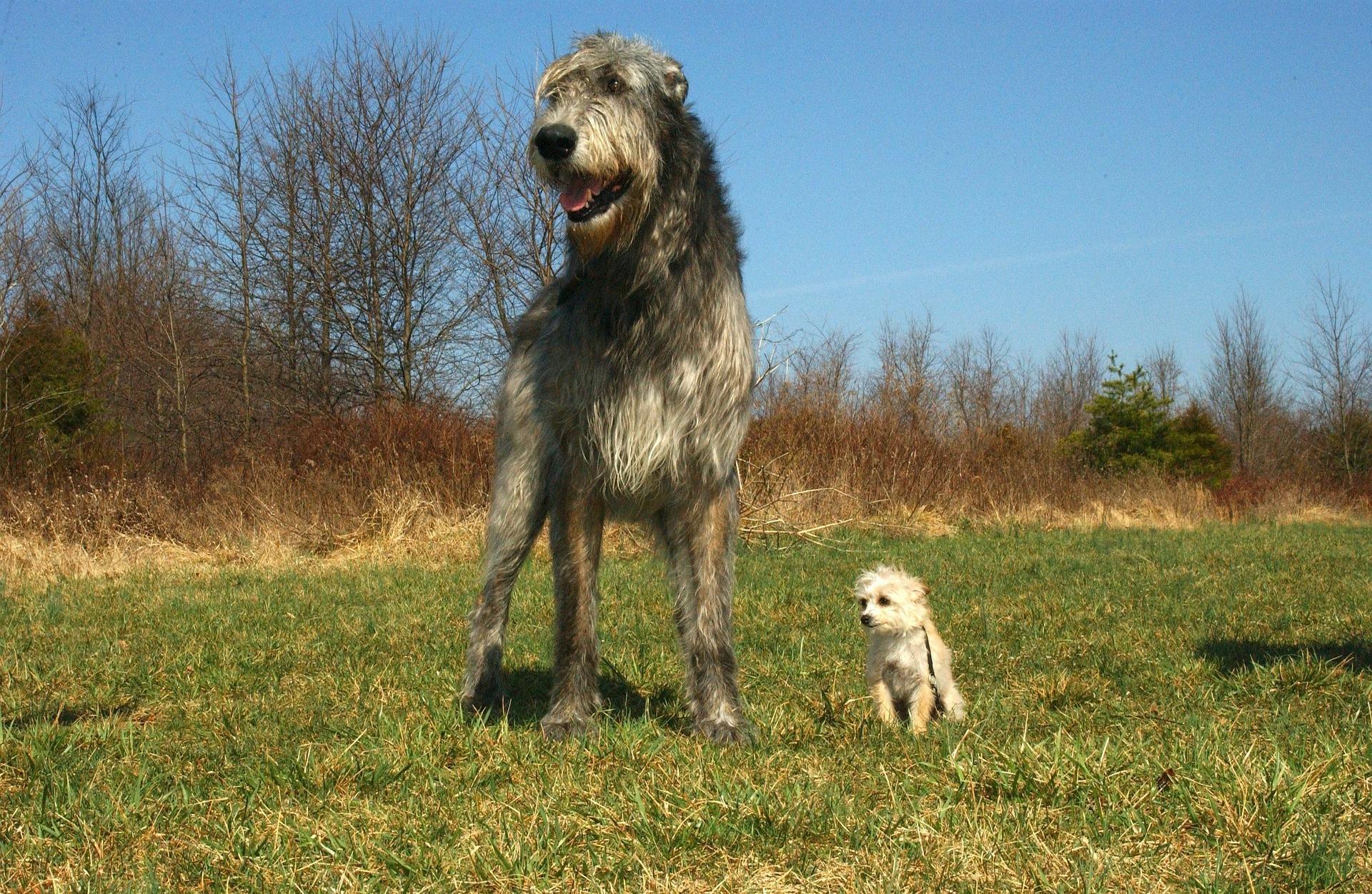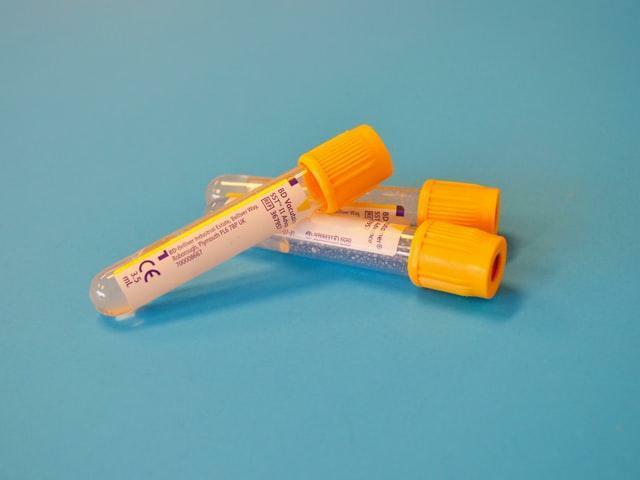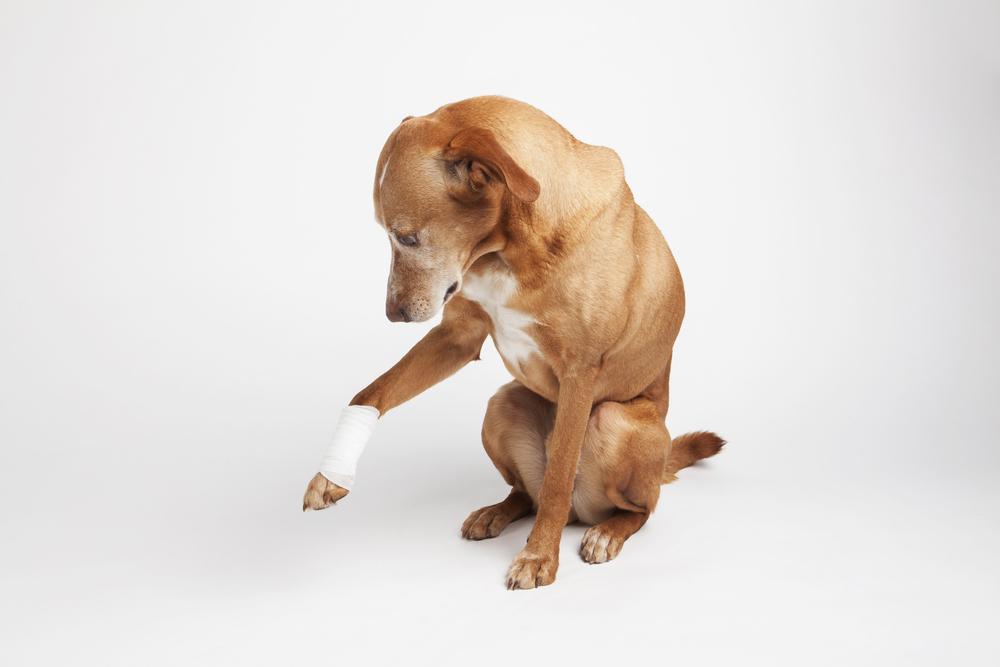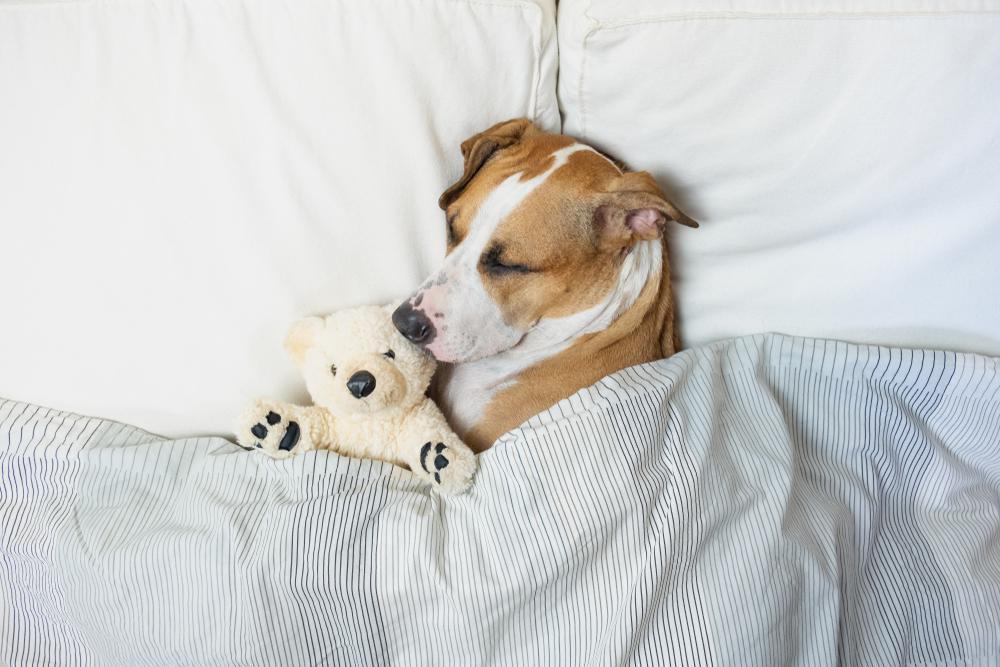
Here at My Pet Nutritionist, we often see excessive thirst as a symptom often related to diet, sickness, disease or behaviour. Many pet owners might notice their dogs drinking more water at certain times, so this guide outlines the basics and possible reasons why, from the not so serious to the serious.
The scientific name for excessive thirst, causing excessive water consumption, is Polydipsia.
The World Small Animal Veterinary Association (WSAVA) define polydipsia as ‘water intake that is twice maintenance requirements’ – dogs consuming more than 100ml/kg bodyweight per day is considered excessive. Dogs may have Polydipsia for a number of reasons, which we will cover in this blog!
First things first, here’s a simple technique called ‘tenting’ which you can use to check if your dog is dehydrated.
Gently pinch some of your dogs skin on their side. Does it ping straight back to normal?
Yes: your dog is well hydrated
No: your dog is dehydrated
Gums should be pink and moist. Grey, tacky, or dry gums may show dehydration.
Just like their human counterparts, dogs if exercising/exerting extra energy and not offered water during their exercise, will become dehydrated. Many will get home and rush straight to their water bowl for a big drink. We recommend taking a portable dog water bowl with you, particularly on longer walks. Filtered water is always recommended.
If the weather is warm or humid, your dog will lose water through sweat and panting, so will need to drink more to replenish what’s missing.
The diet you choose for your dog may contribute to your dog’s Polydipsia. A fresh food diet (including raw and cooked food), or high quality wet food diet will contain a lot of moisture at around 65-75%. Feeding a dry food, whether it be freeze dried, air dried, or kibble, will sadly be dehydrating, due to lack of moisture at around 6-10%. This may cause a strain on the kidneys also, so many people choose to ‘float’ their dogs meal (adding water to the meal).
The salt content in some dry foods and treats, may also contribute to thirst as salt puts extra pressure on the kidneys, meaning a higher water intake is required to help them flush it through.
Dogs who have been unwell with a bug, or an intolerance/allergy to a food, causing sickness and/or diarrhoea, may drink excessively, as they lose a lot of water through vomit and faeces. The feeling of nausea may also encourage excessive drinking. There are more specific medical problems of which polydipsia is a symptom. Let’s have a look at those:
When dogs experience a UTI, they produce a lot of urine. Due to expelling so much urine, their bodies will feel in a constant state of dehydration, leading to excessive consumption of water to replace the lost fluids. This is the first medical condition to rule out as it is one of the more common reasons a dog may drink lots of water.
Polydipsia and Polyurea (excessive urination) are two of the most prominent symptoms of Diabetes Insipidus. Of the types of Diabetes Insipidus in dogs, the most common is Secondary Nephrogenic Diabetes Insipidus and can be of varying degrees of severity. Your veterinarian may wish to rule out other potential conditions first, then may instruct a water deprivation test to diagnose Diabetes Insipidus – this is the only time you should restrict water from your pet; under full veterinary guidance!
Cushing’s disease is caused when the adrenal gland produces too much of a hormone called Cortisol. Cortisol is used in regulation of blood pressure, keeping heart and blood vessels healthy and working smoothly, and reducing inflammation. When there’s too much Cortisol in the body, weight gain, increased thirst, swelling, hair loss, calcinosis cutis, lethargy, and excessive panting can all be symptoms. Dogs with polydipsia suffering from Cushing’s Disease, drink between 2 and 10 times the normal amount for a dog their size. Cushing’s Disease is often mistaken for dermatitis or liver disease.
Excessive thirst is one of the most common signs of liver disease, showing in around 50% of liver disease patients. Dogs suffering with liver disease, specifically hepatic encephalopathy, have increased production of adrenocorticotropic hormone (ACTH for short!), which causes an increase in cortisol in the body, ultimately causing dehydration of plasma cells. Because the plasma cells require more water, the dog’s thirst is increased. Other liver diseases also cause polydipsia.
Having too much calcium in the blood causes hypercalcemia, which can lead to poor functioning of the heart and brain, as well as weakened bones, and the potential for kidney stones. It’s caused by overactive parathyroid glands. Hypercalcemia is often as a result of Chronic Kidney Disease (CKD), Acute Kidney Disease, hyperparathyroidism, underactive adrenal gland, Cancers and in very rare cases, when the body has taken in too much Vitamin D.
Excessive thirst and urinating are the most typical signs of hypercalcemia due to the kidneys being unable to concentrate urine properly. In order to properly dilute urine before excretion, the dog needs to need to drink more to ensure there’s enough water reaching the tissues ofthe kidneys.
There are links between polydipsia and tumours in dogs, primarily cancerous tumours involving the kidneys, for similar reasons as in dogs suffering with kidney disease. Polydipsia can also be a symptom of tumours (benign or malignant) due to paraneoplastic syndromes, that are triggered by the formation of a tumour and activates the immune system in an unusual way.
Entire bitches may suffer from open (more common and generally treatable) and closed (life threatening) pyometra. The average age for pyometra is 7.25 years, but it can happen at any age, especially in those who have had multiple seasons. Excessive water consumption is a common symptom of pyometra. Other symptoms include off-coloured discharge, lethargy, bloated abdomen, vomiting, lack of appetite and excessive urination.
Bitches who have had an Ovary Sparing Spay are at risk of stump pyometra. This is important to consider when symptoms are shown despite having been spayed, as this could be life threatening.
Some medications may cause excessive thirst and drinking in dogs. In particular, Phenobarbitone, Furosemide and Glucocorticoids such as hydrocortisone. Polydipsia is a long term side effect of these drugs. Other drugs may also be implicated, but these are the most common.
Otherwise known as Psychogenic Polydipsia, there are a number of behavioural causes of excessive drinking.
Some dogs, particularly young dogs and puppies, will excessively drink due to boredom. If there’s nothing better to do, they may as well occupy themselves with whatever is available. To reduce this, enrichment toys and games may help to occupy a dogs mind. It might as well be a useful exercise, whilst promoting calmness.
When dogs become stressed or anxious, they will often pant and sweat more, causing greater loss of water than just through urination. To replace the fluids they lack, they will drink more water. A stressed dog may also urinate inappropriately.
CCD, is the dog equivalent of our OCD. Dogs with CCD will compulsively repeat a behaviour. It can be hereditary or a learnt behaviour, or due to a medical issue. Excessively drinking water can be a compulsive behaviour.
Some dogs simply enjoy drinking water and will do so at any given opportunity. Who doesn’t want too much of a good thing?
If excessive water consumption is a worry in your pet, please don’t hesitate in contacting your veterinarian for diagnosis.
If you wish to learn more about our services, please contact us.
MPN Team
